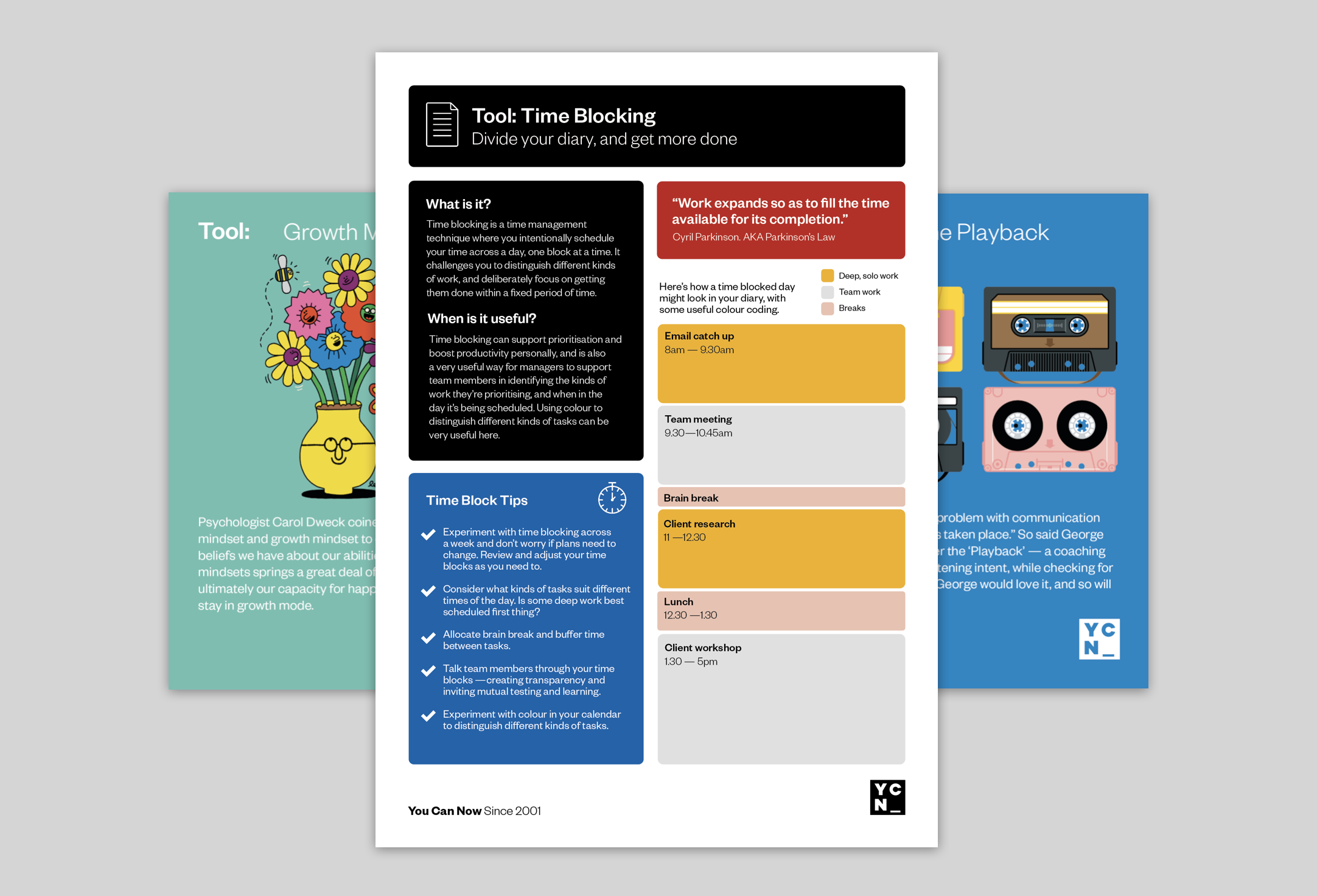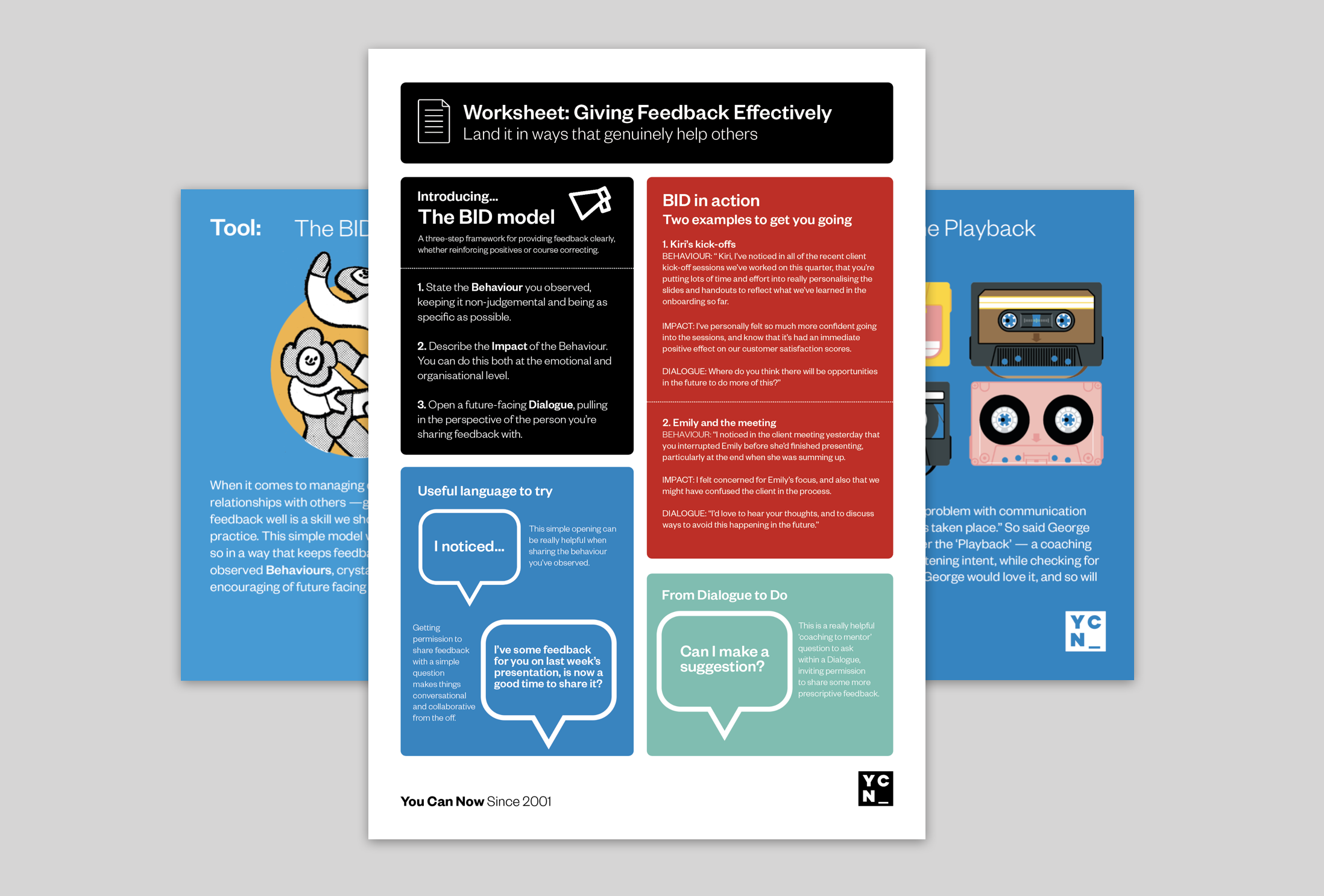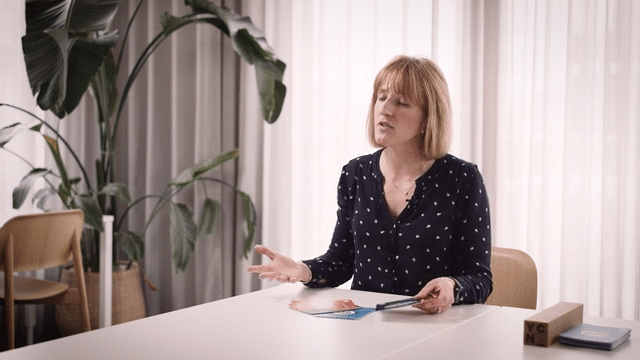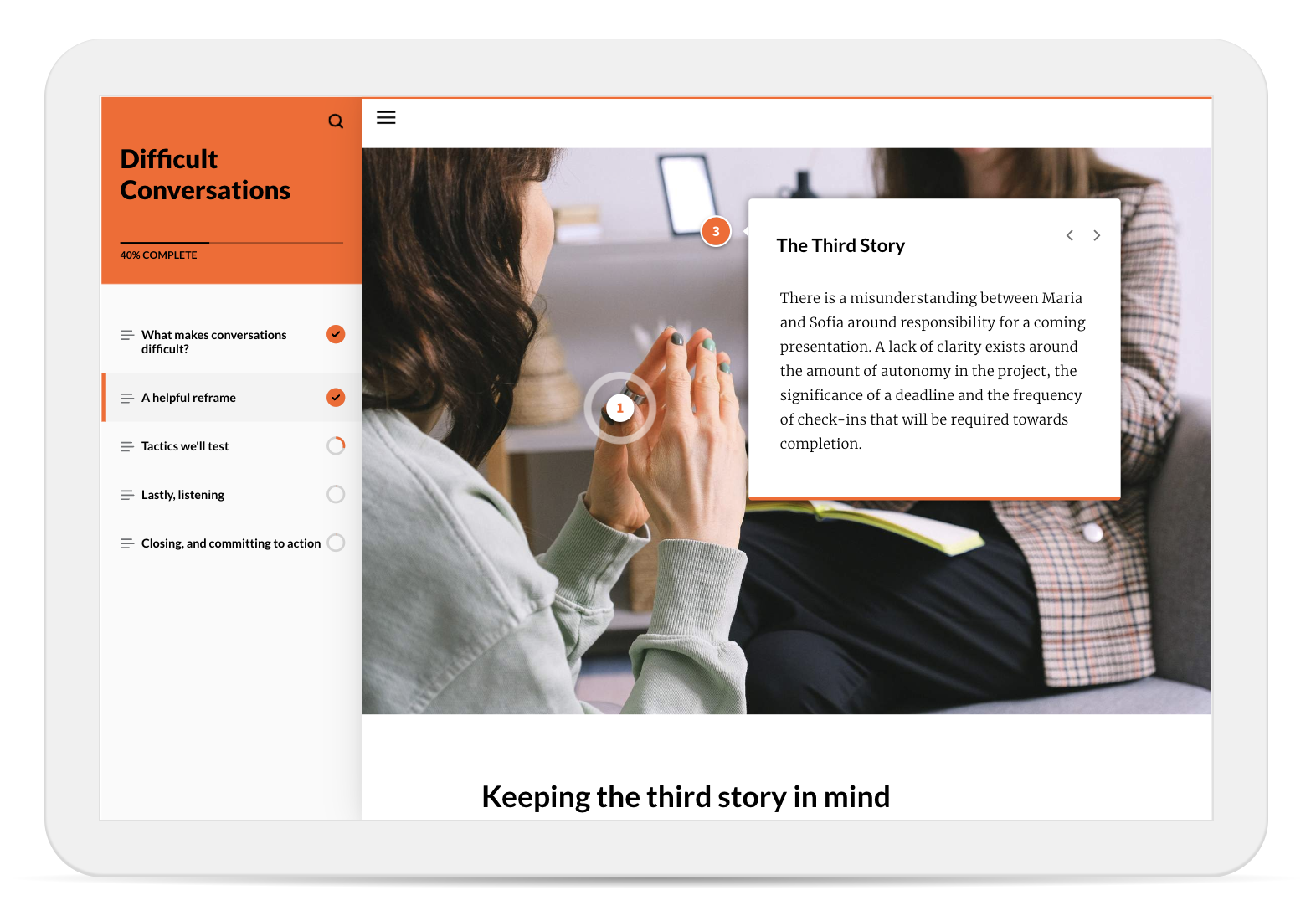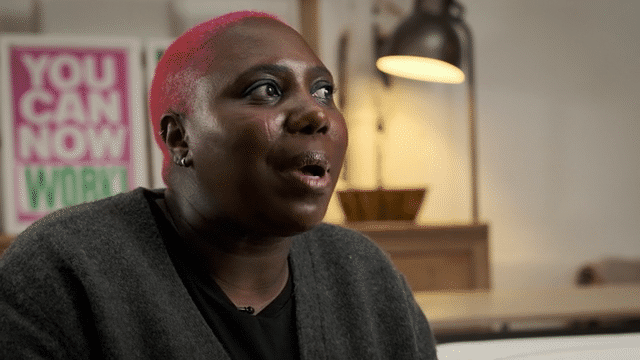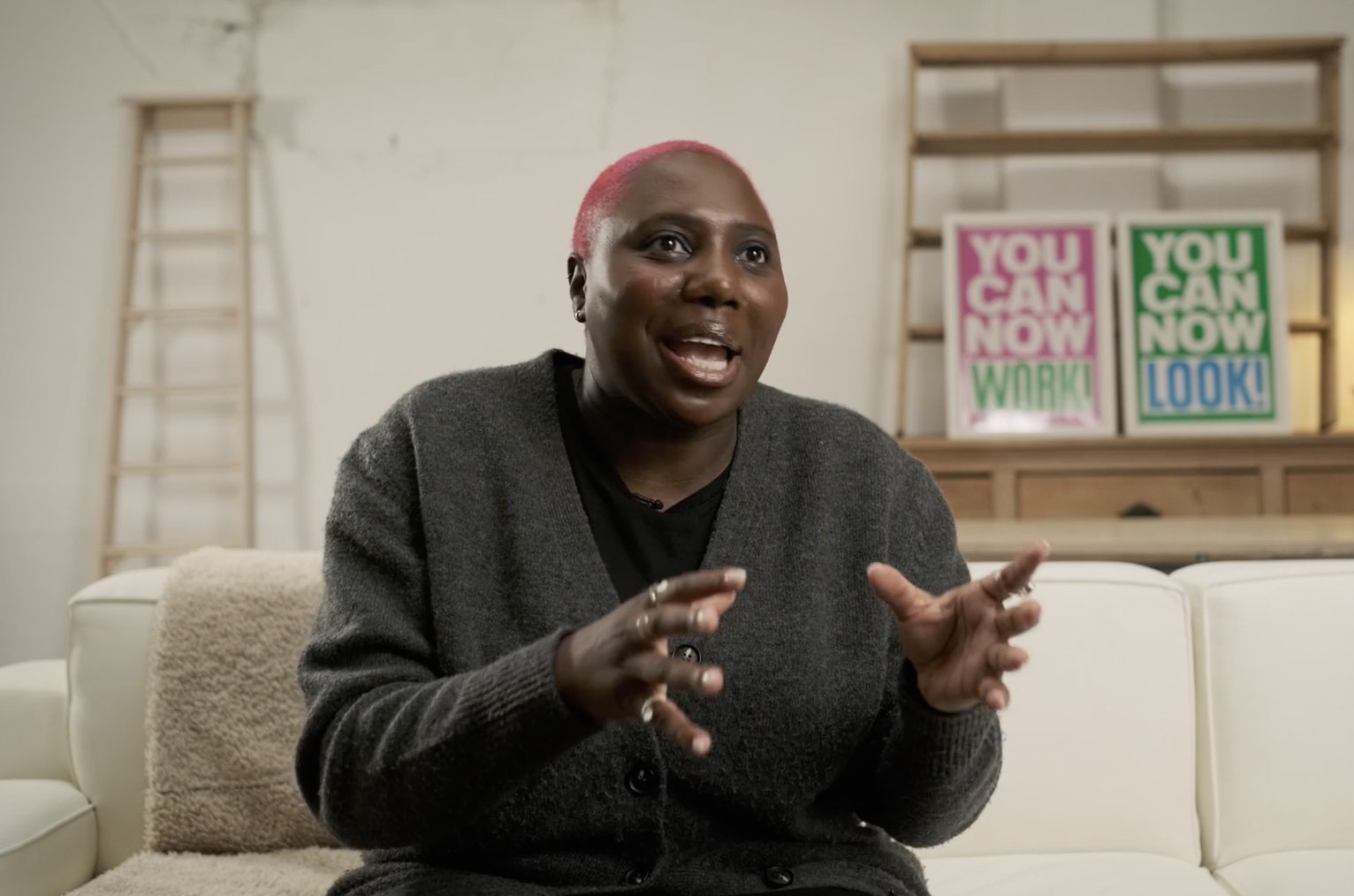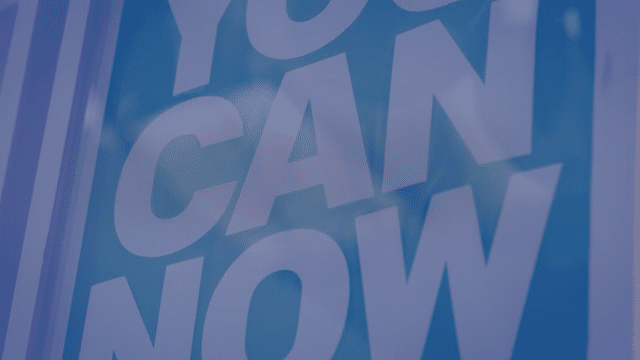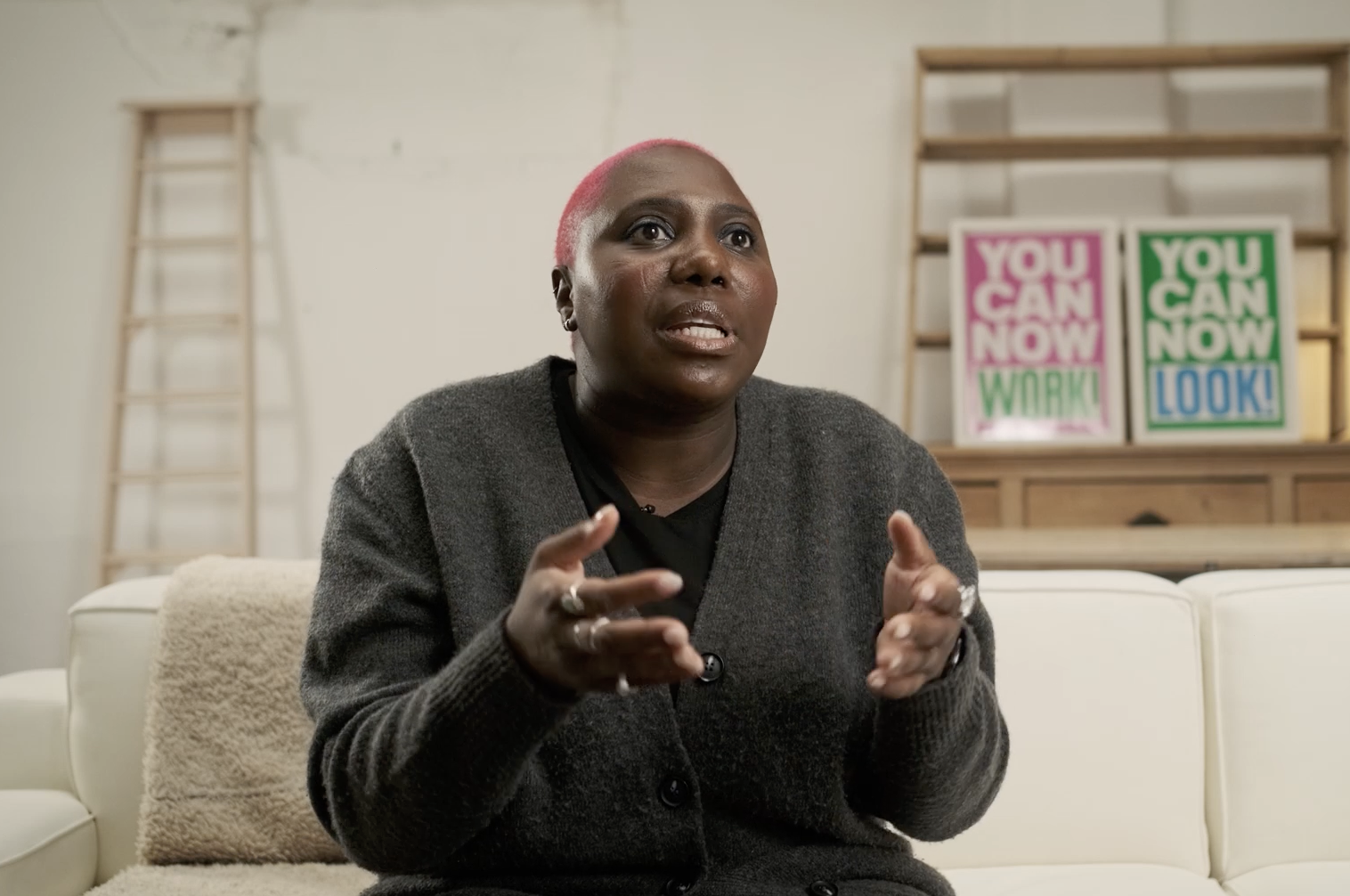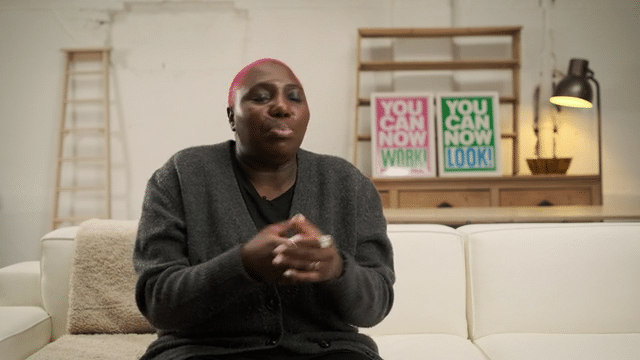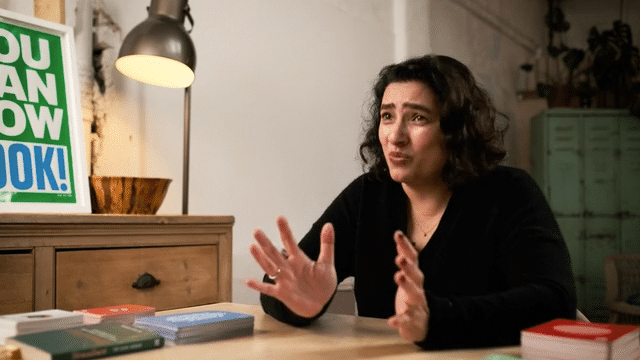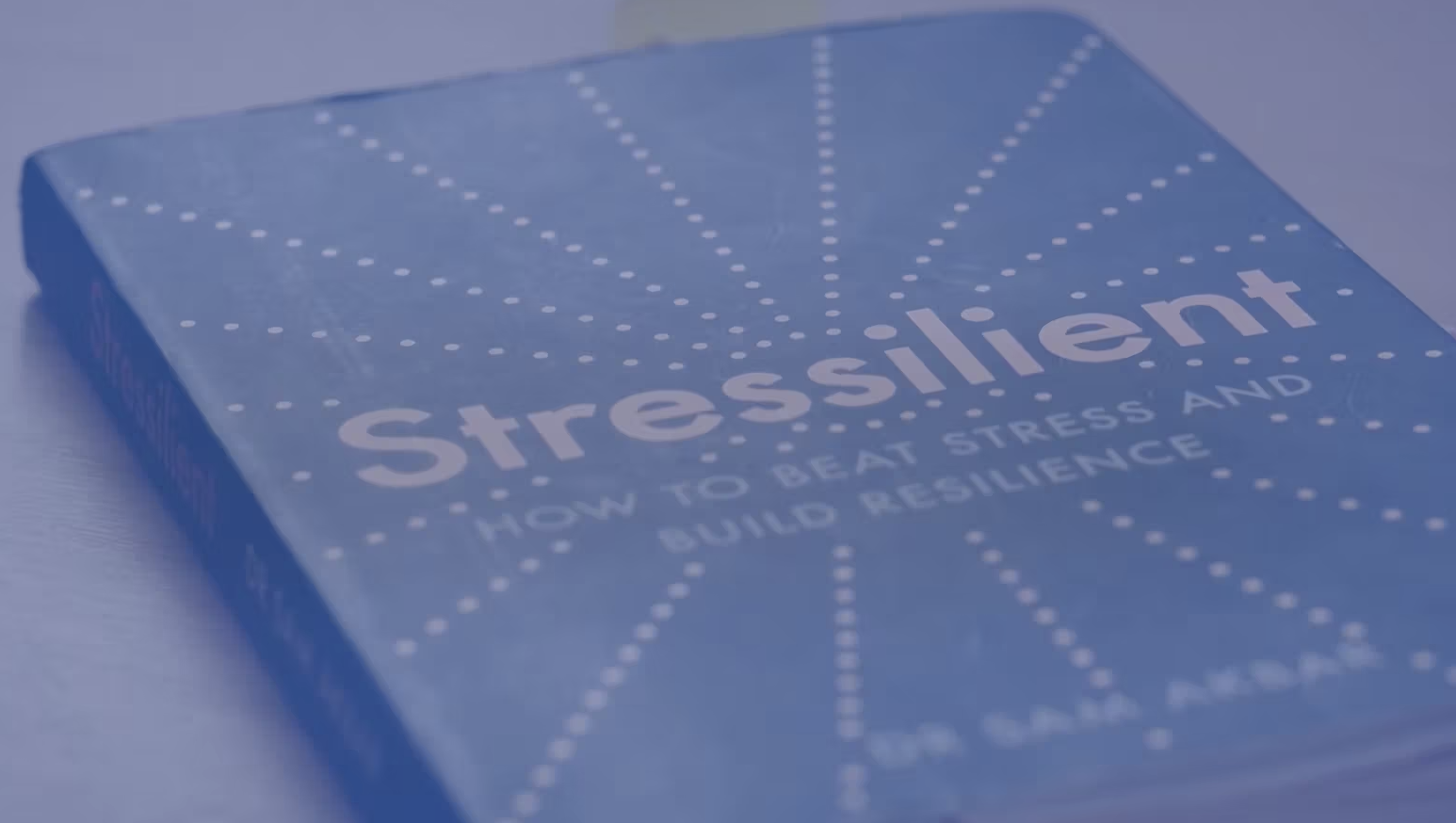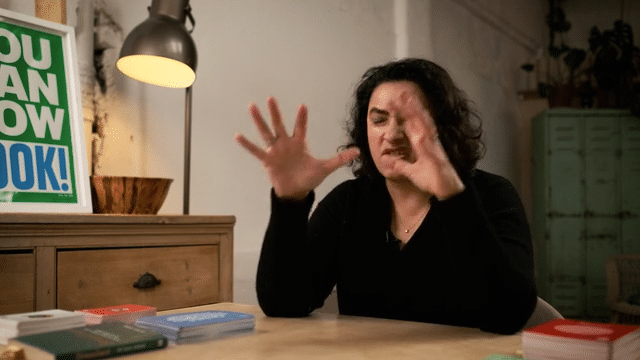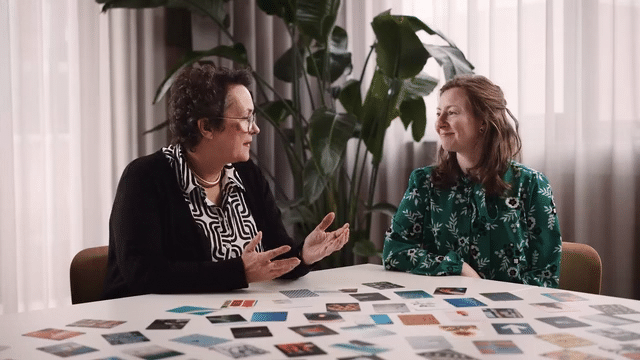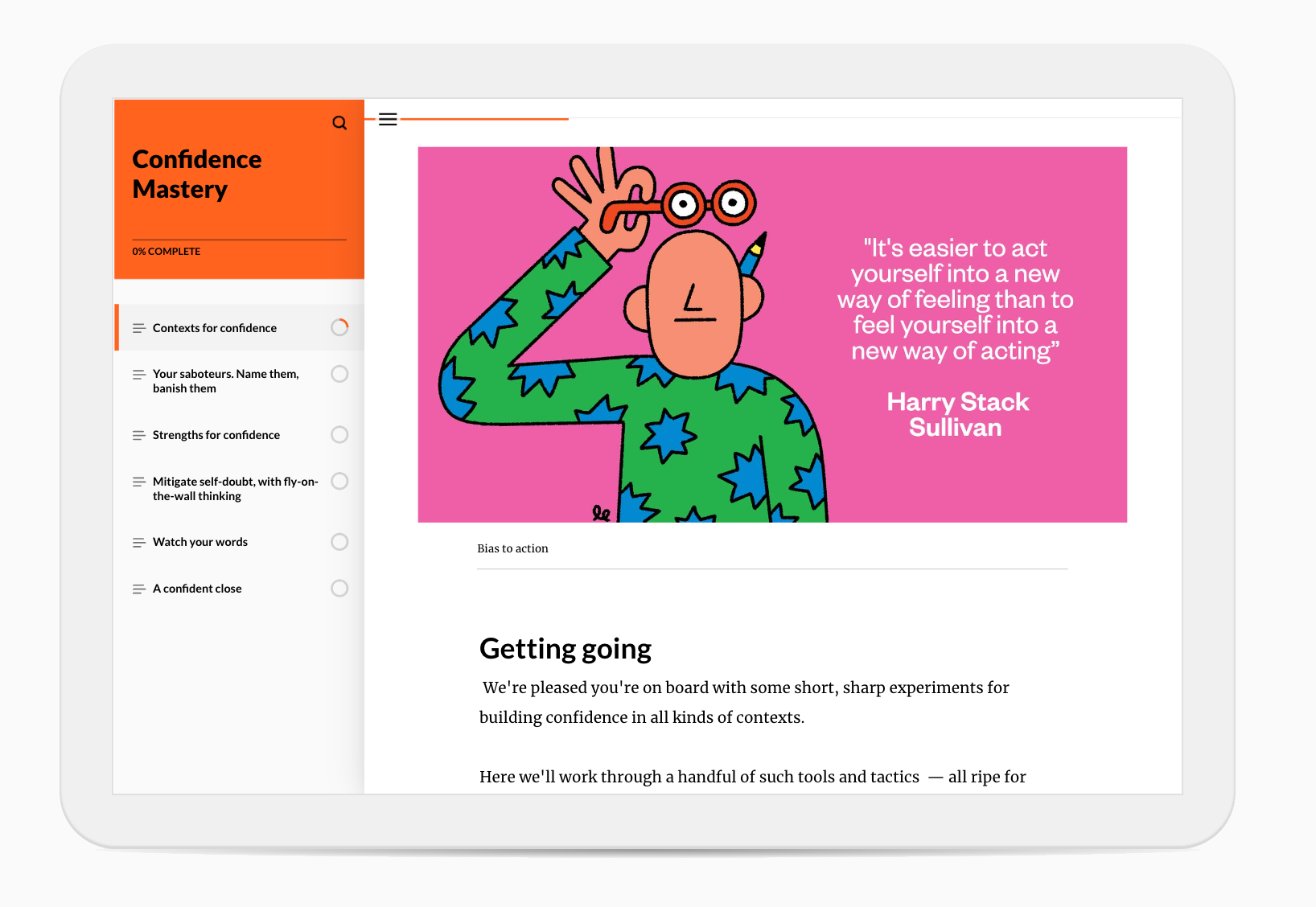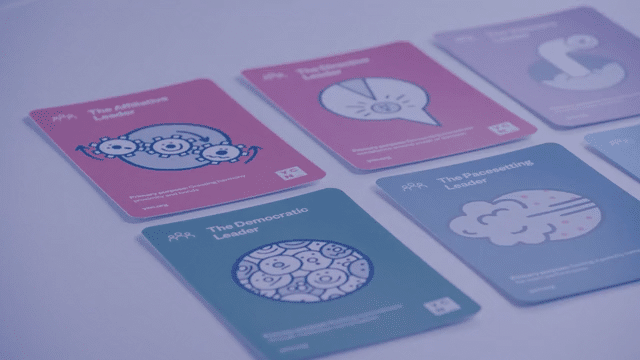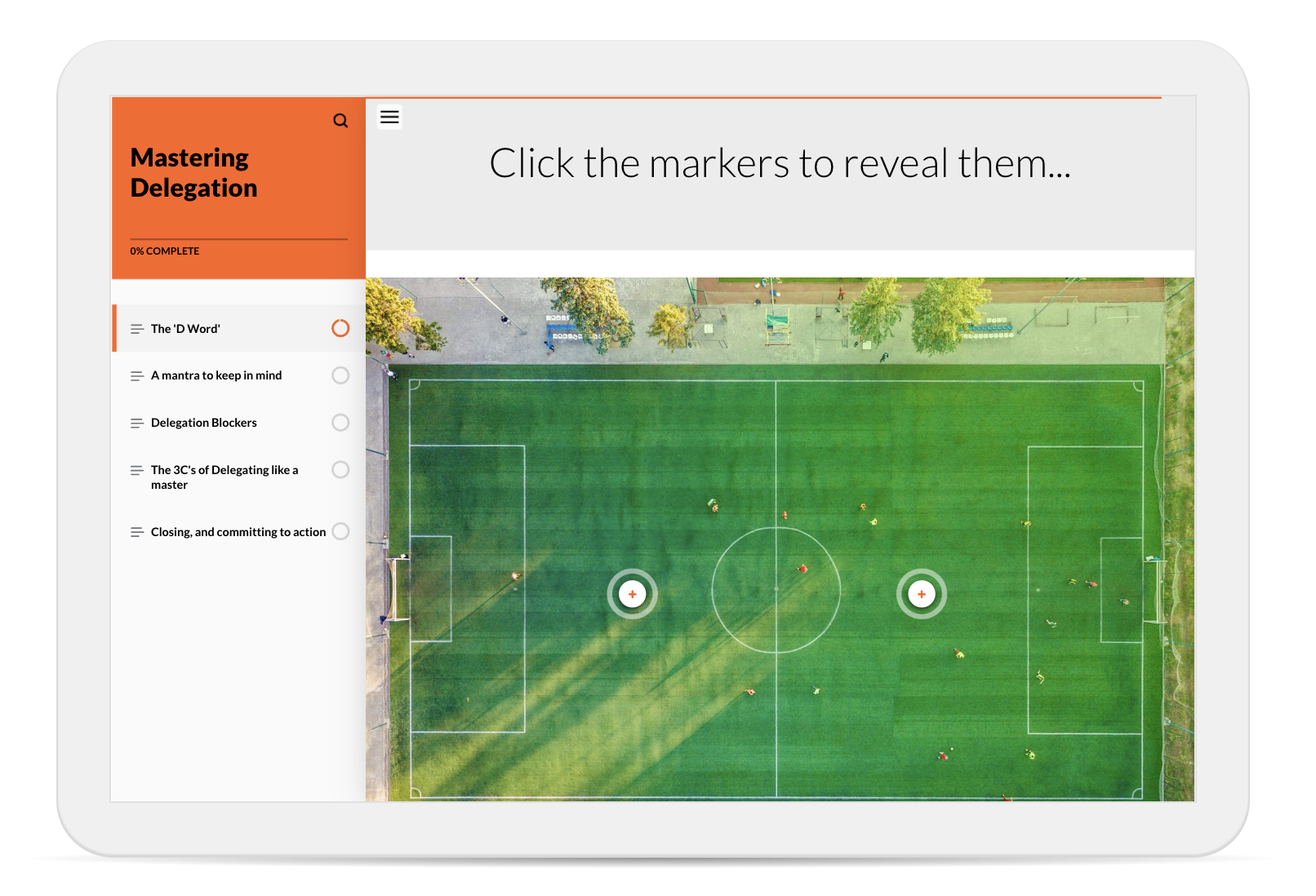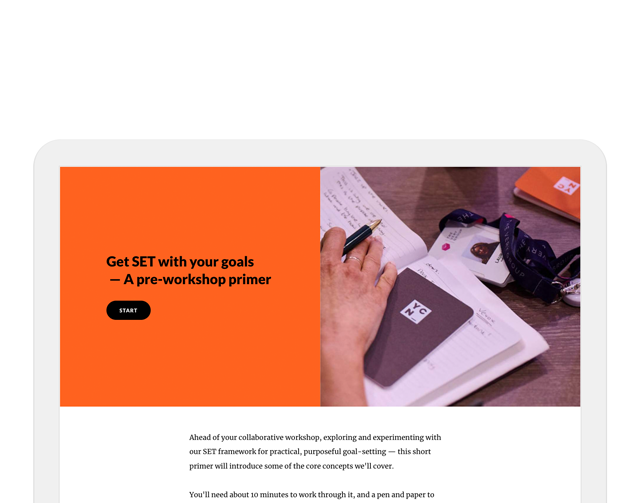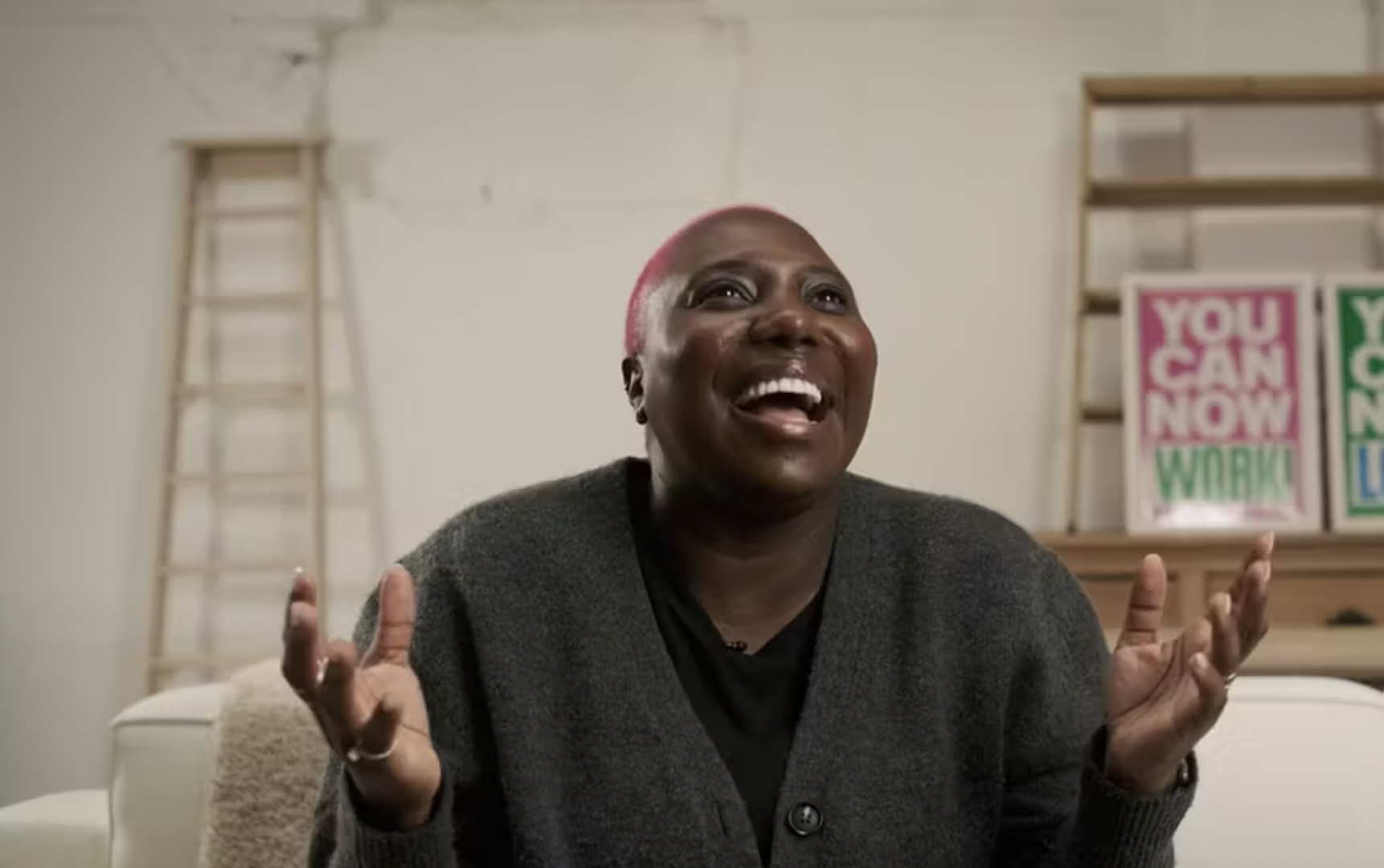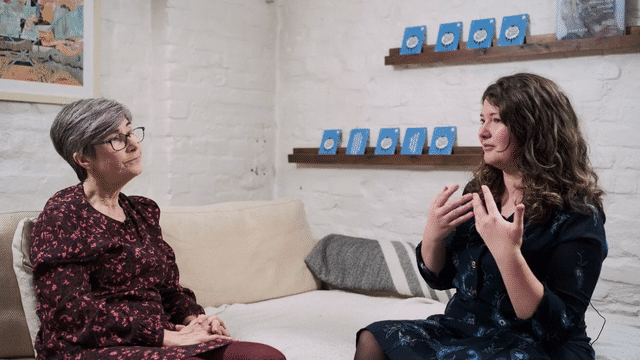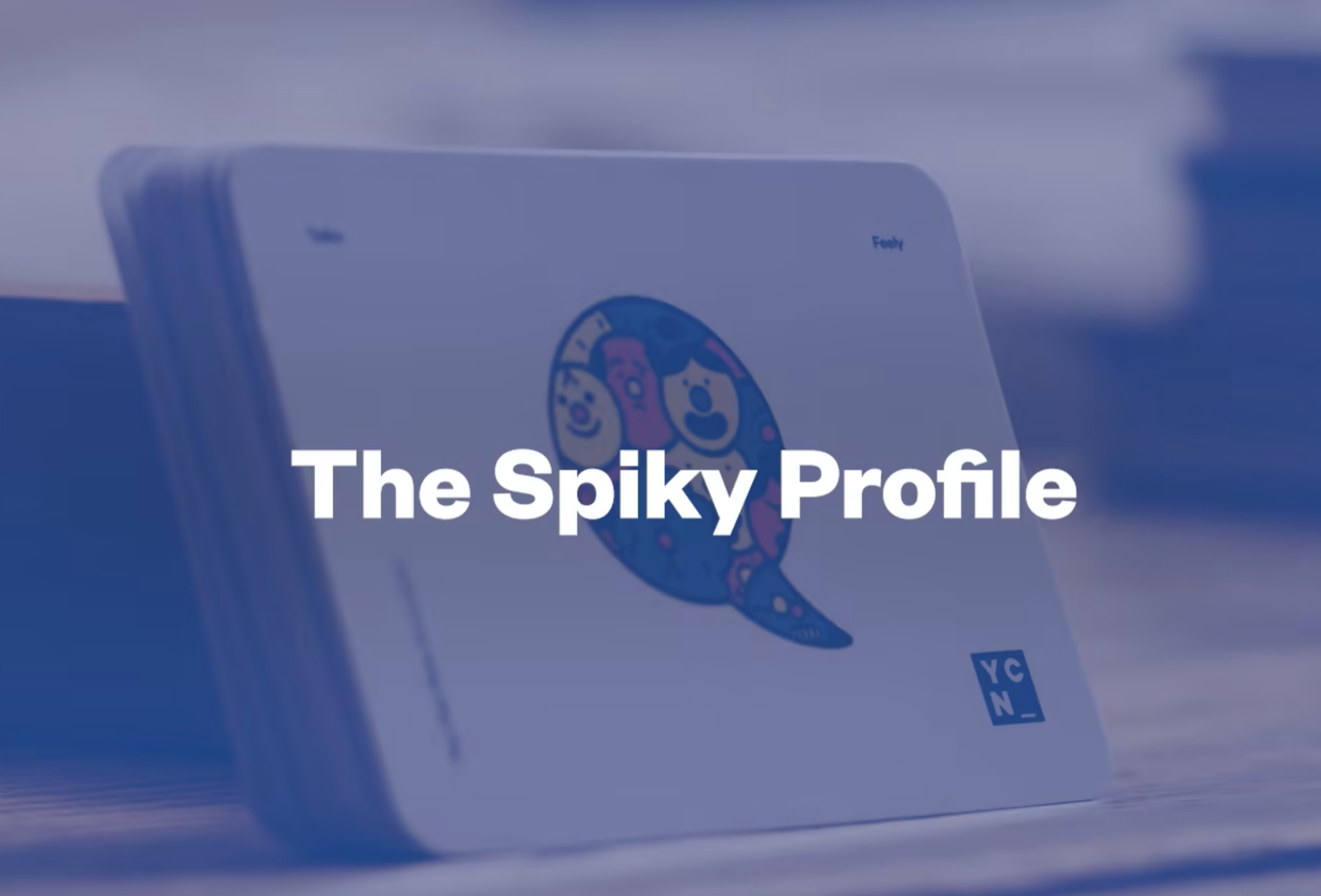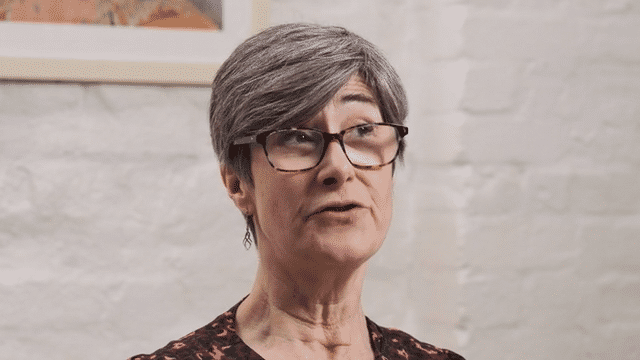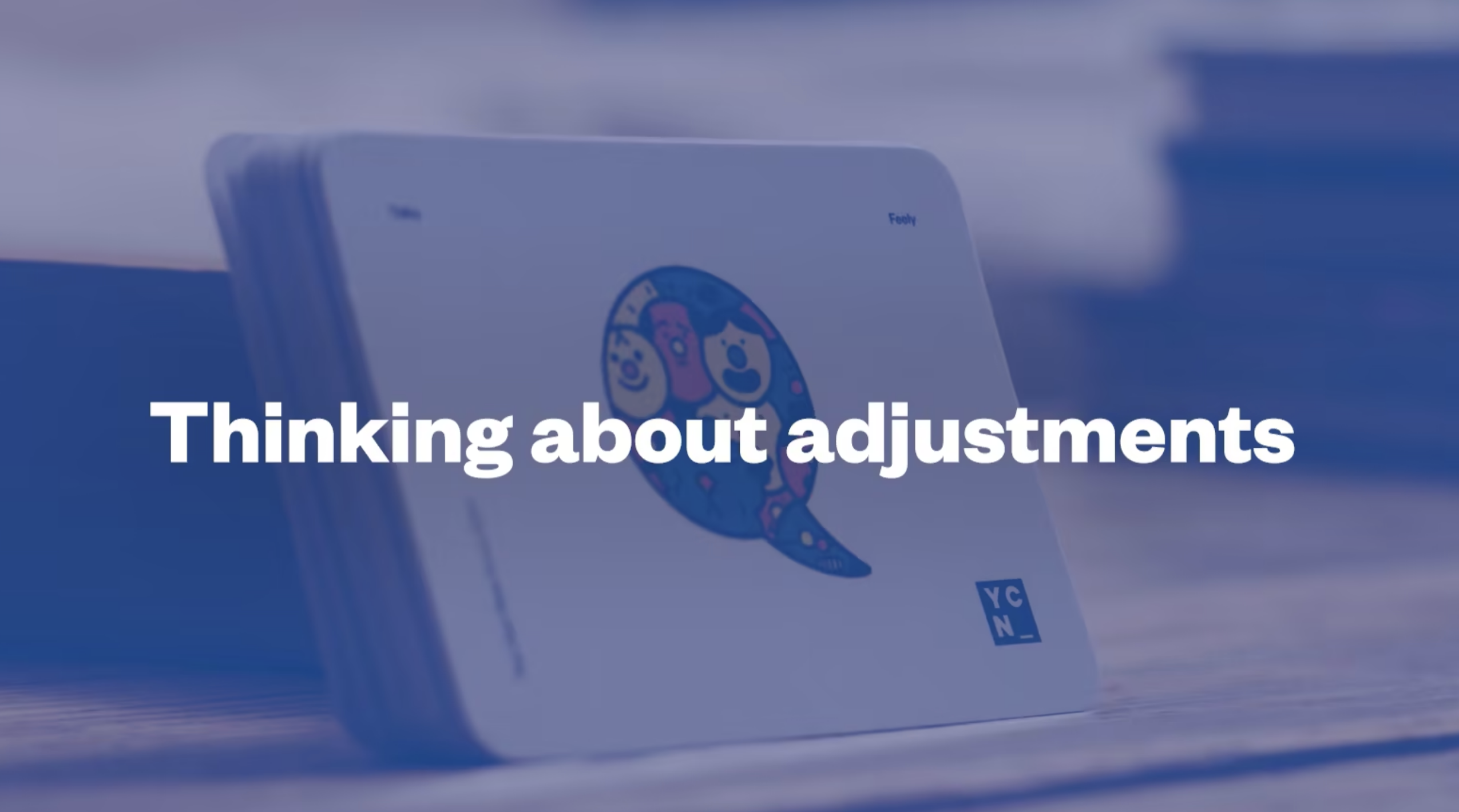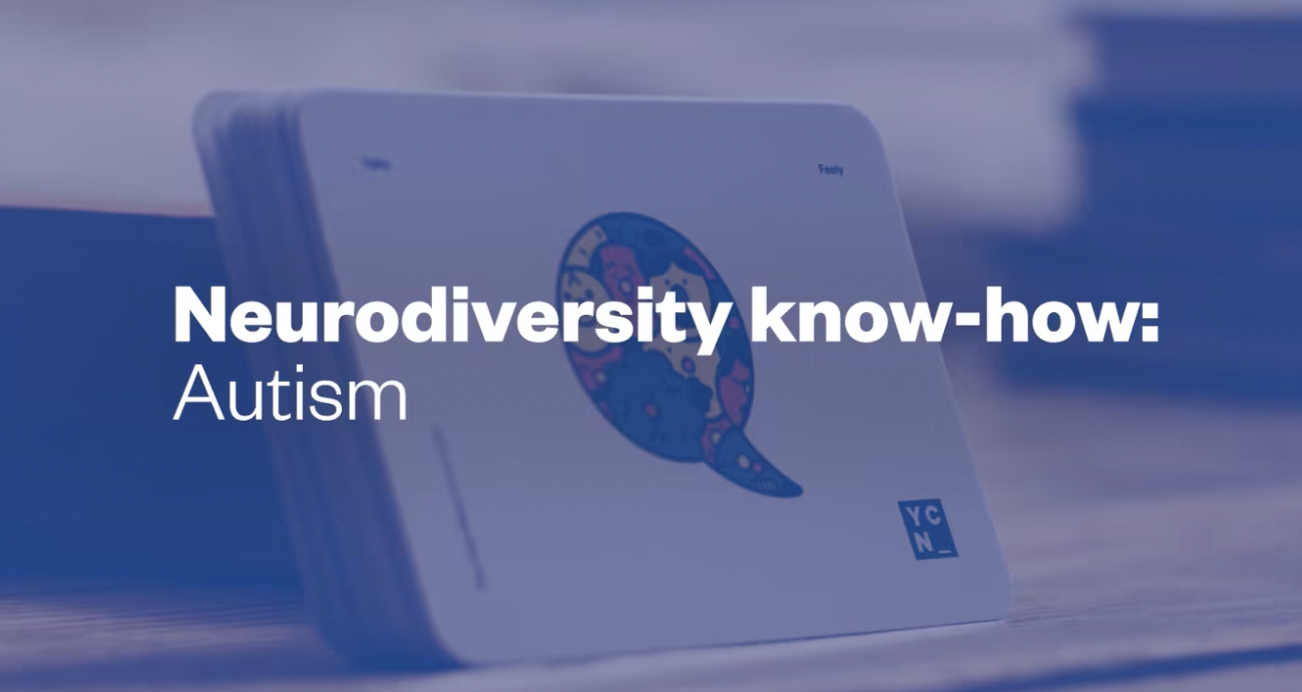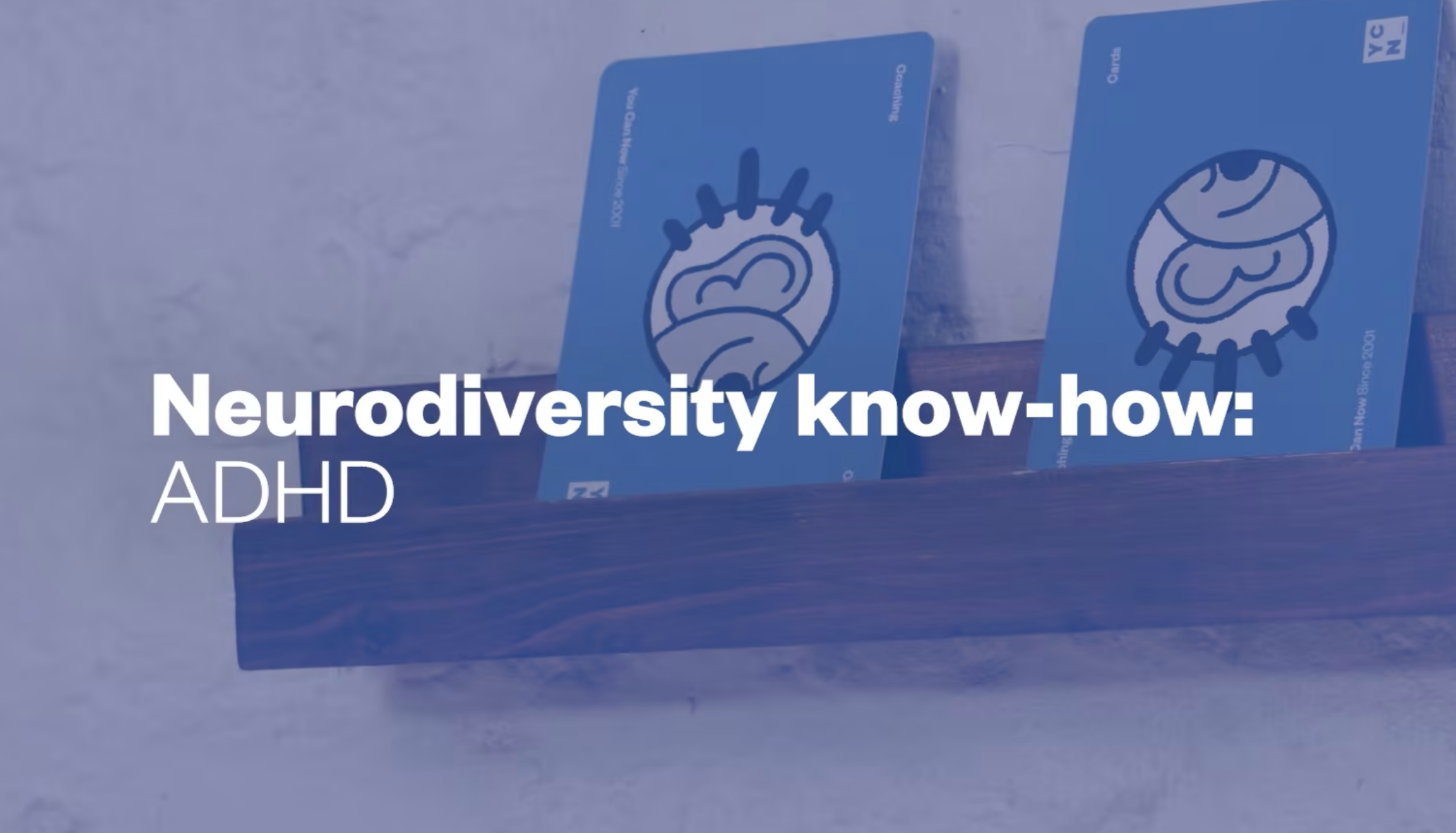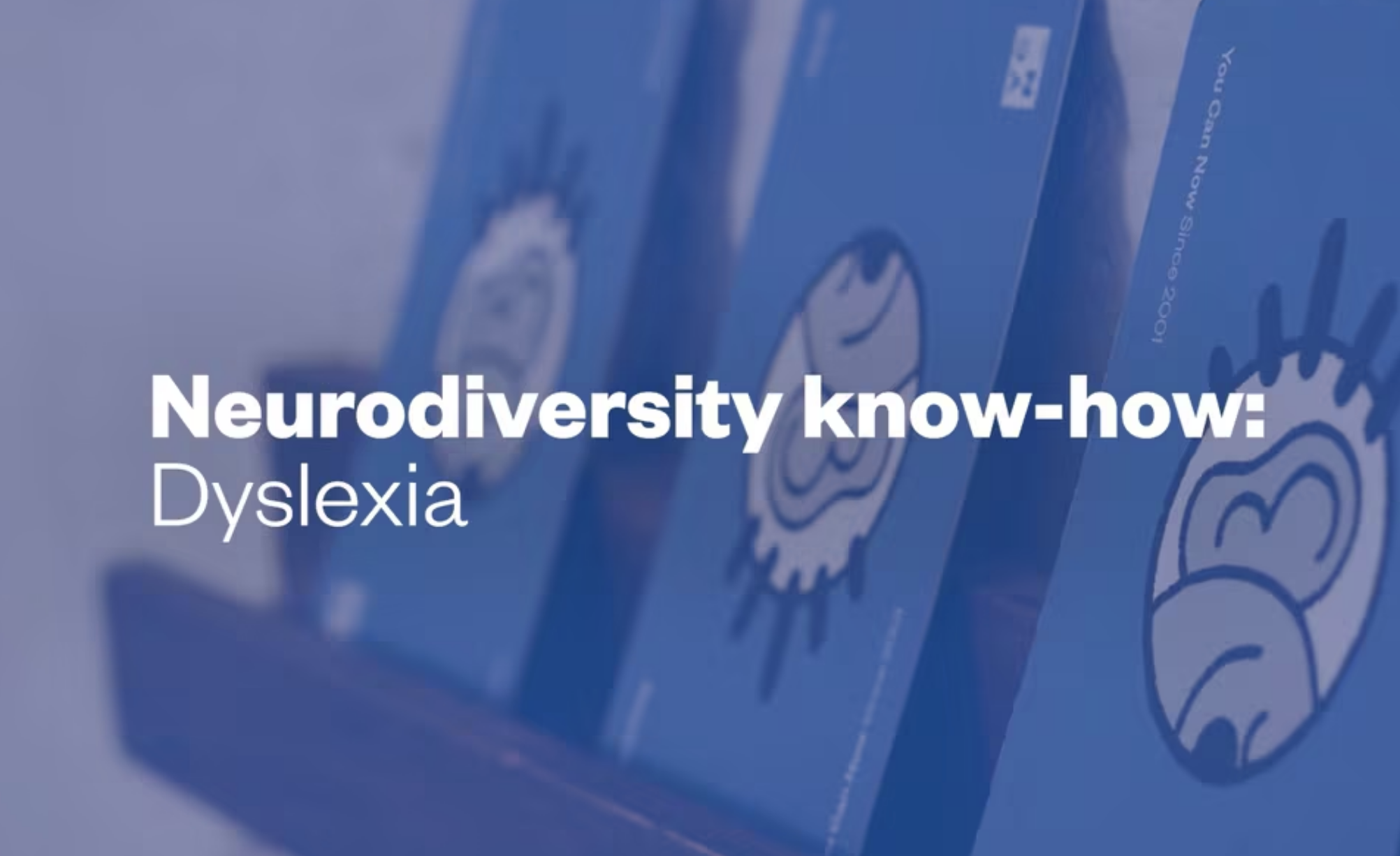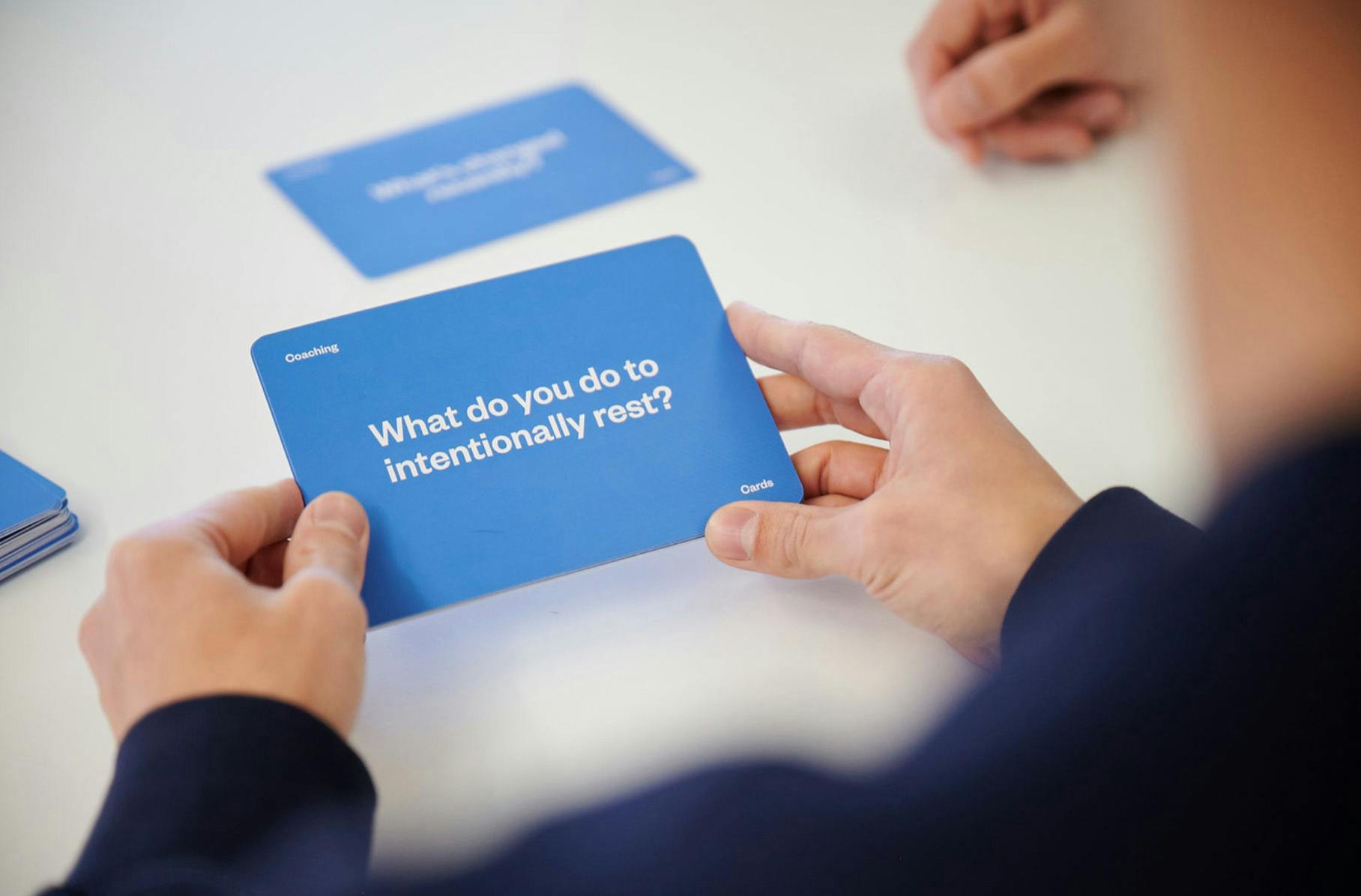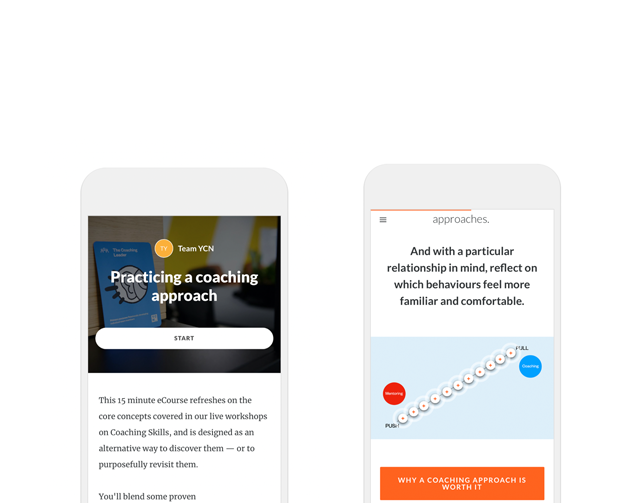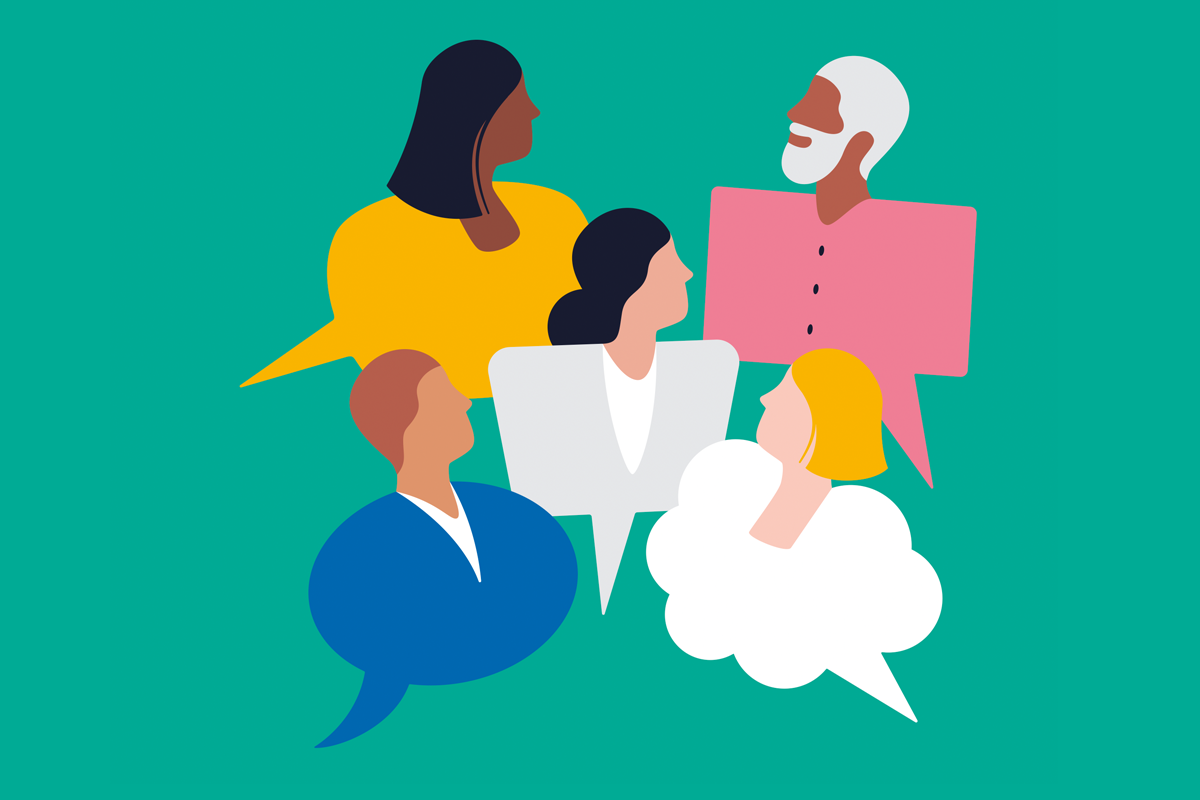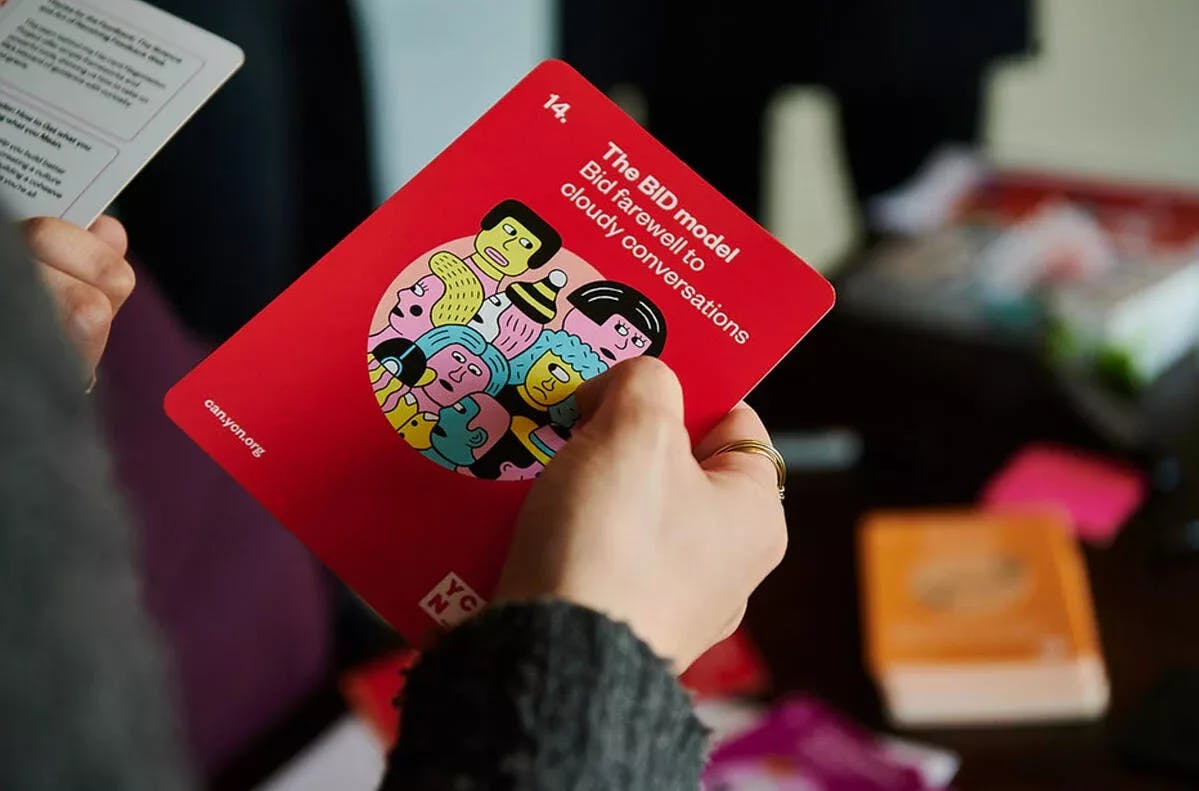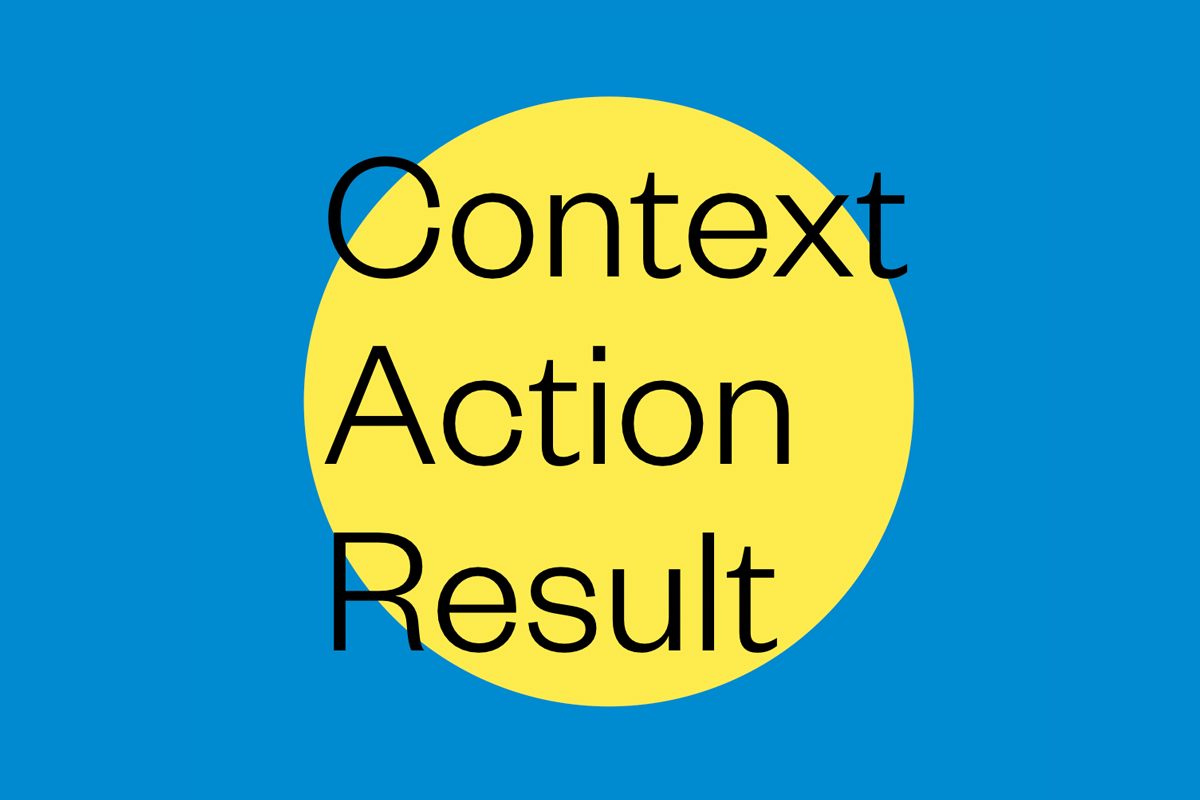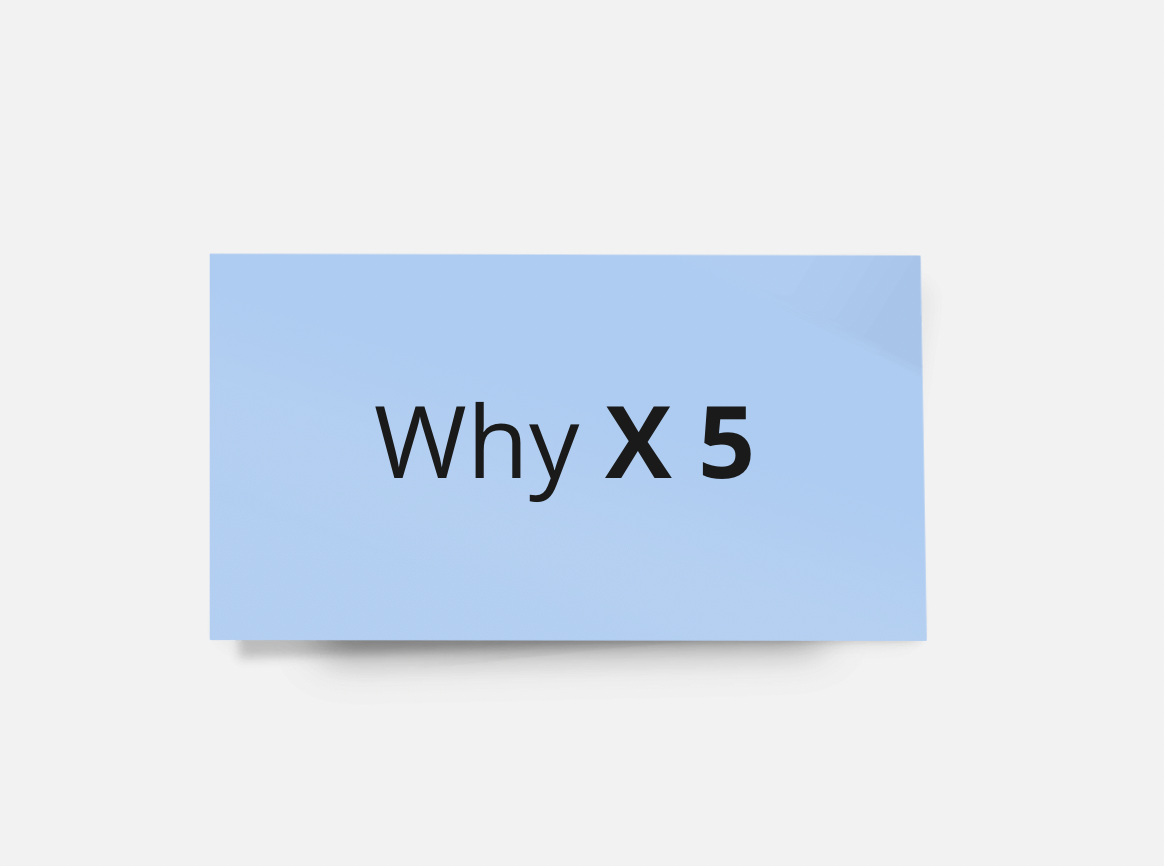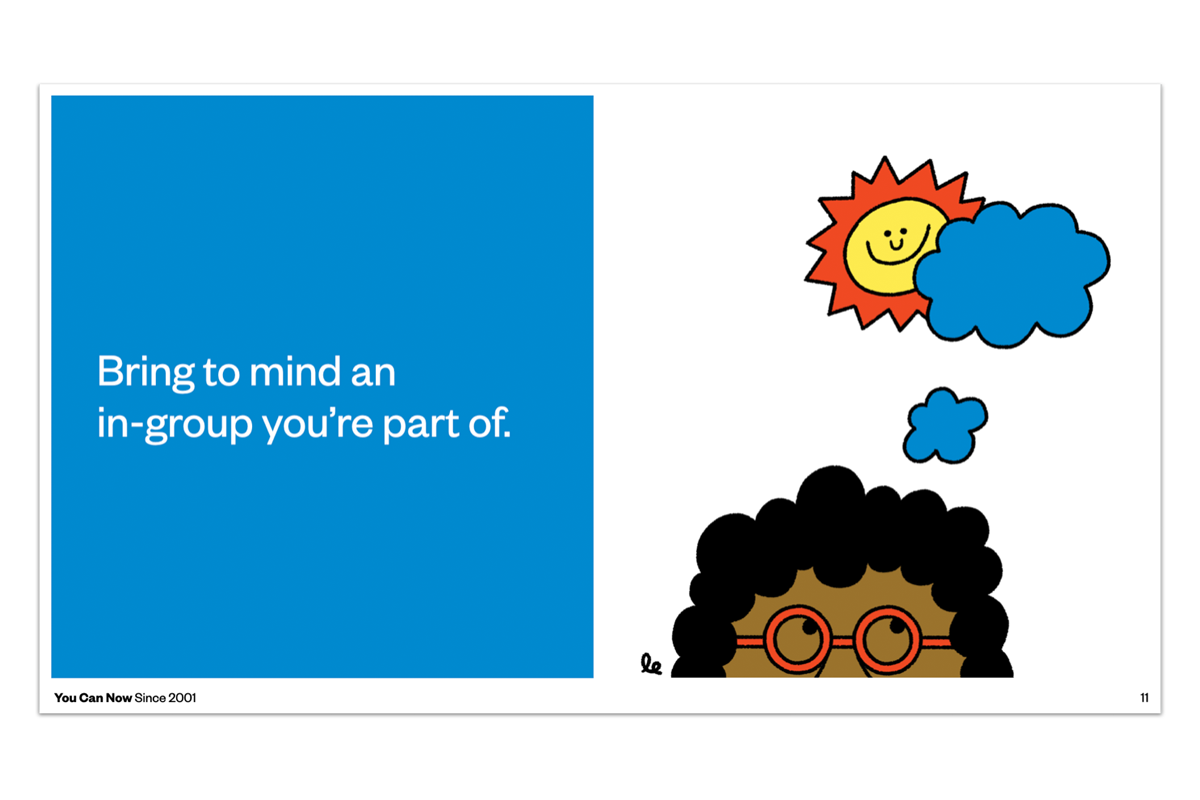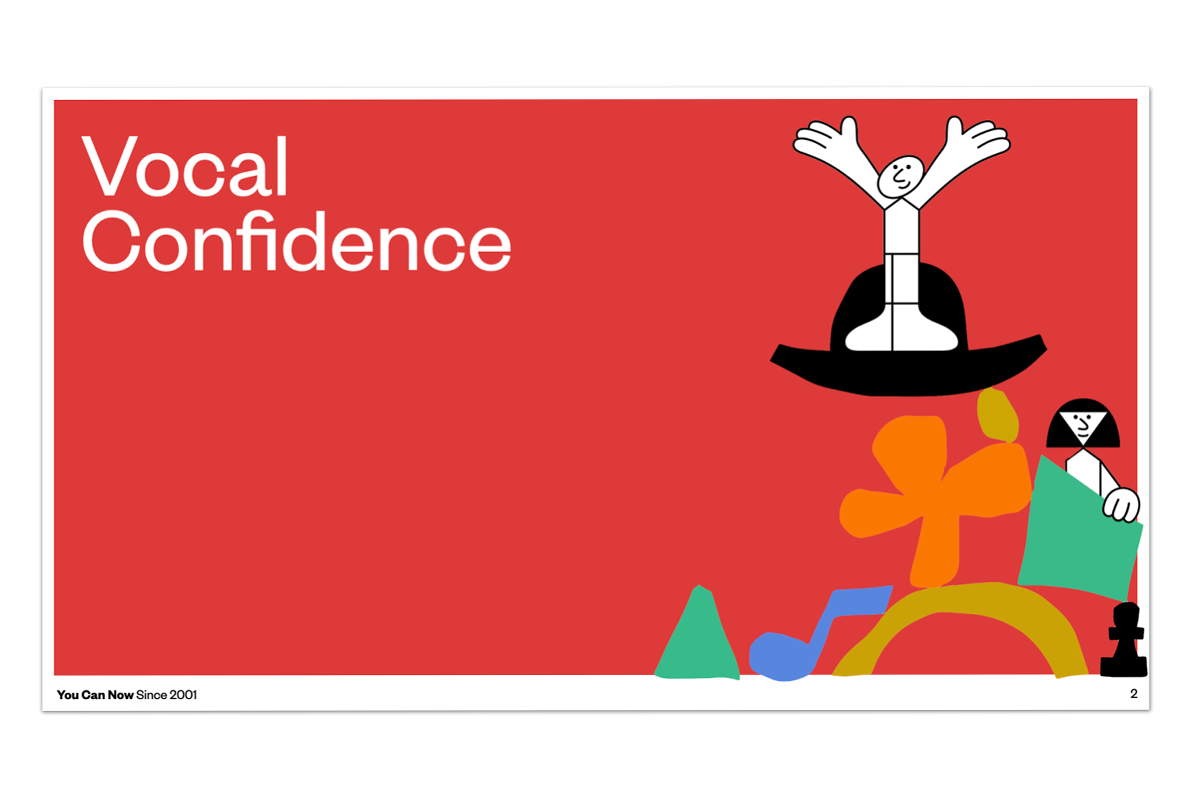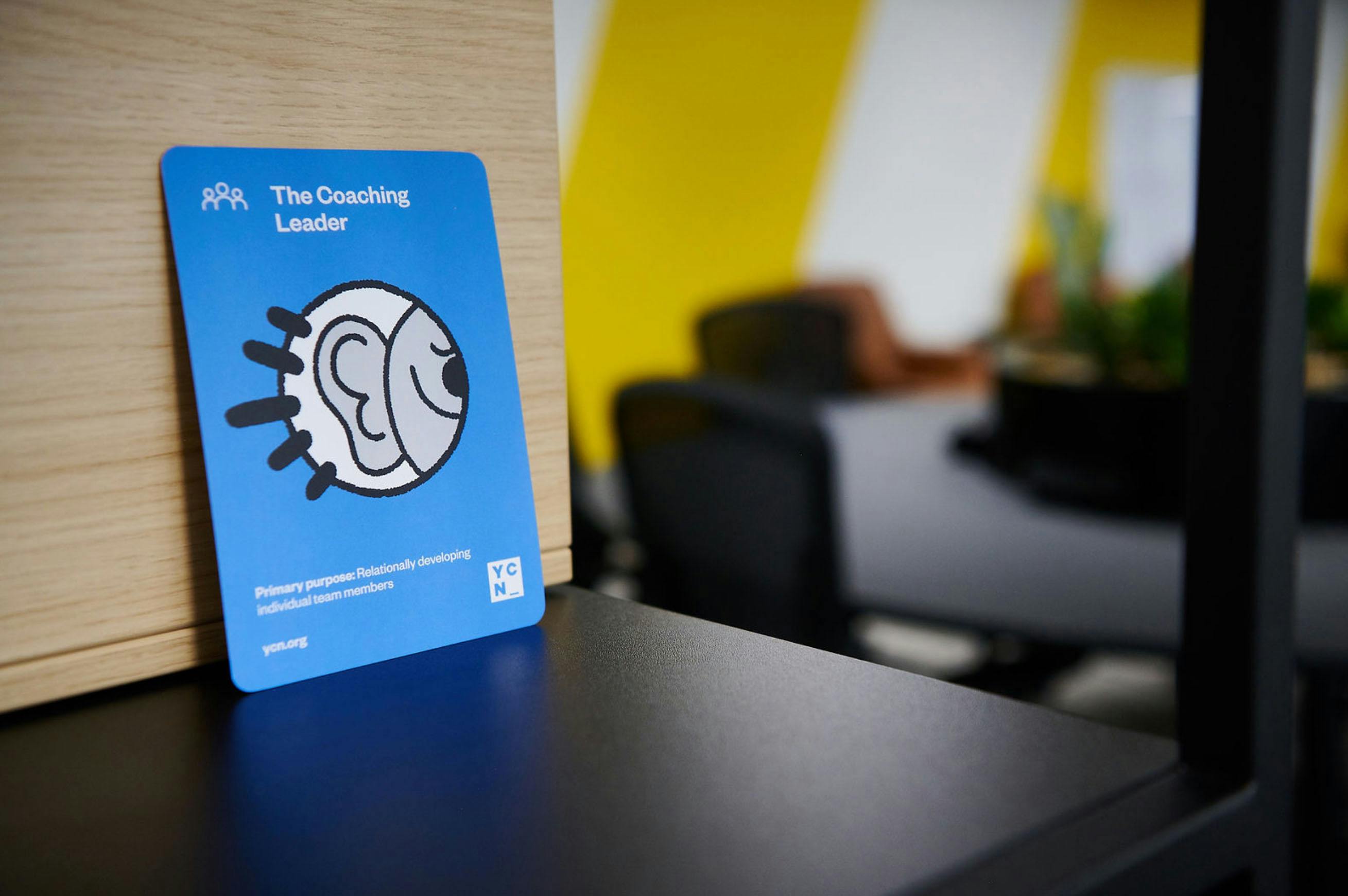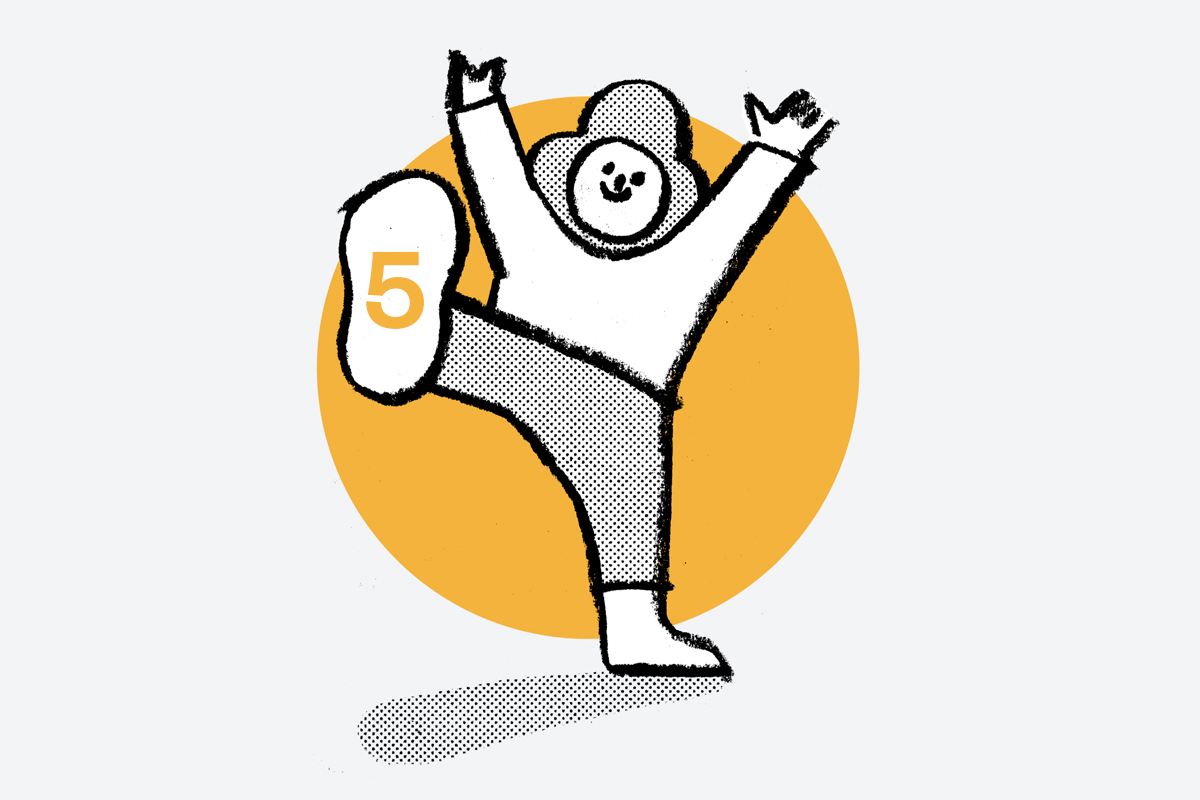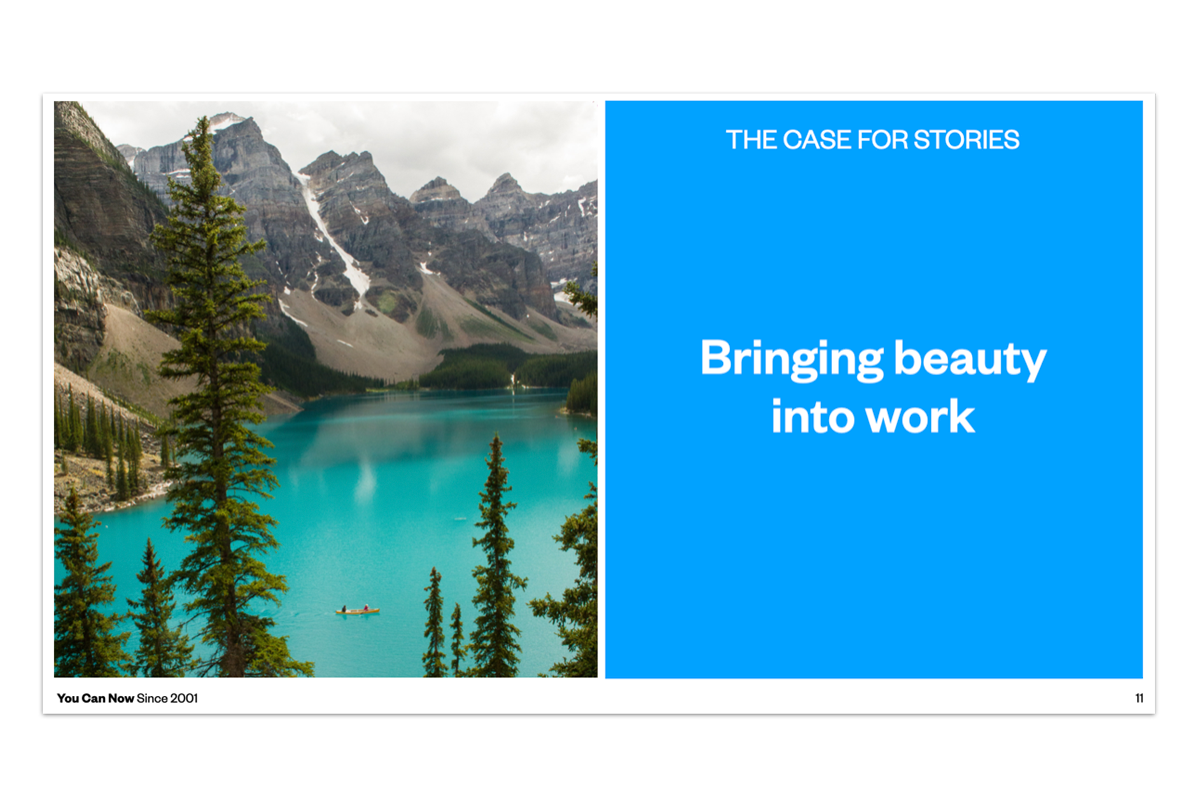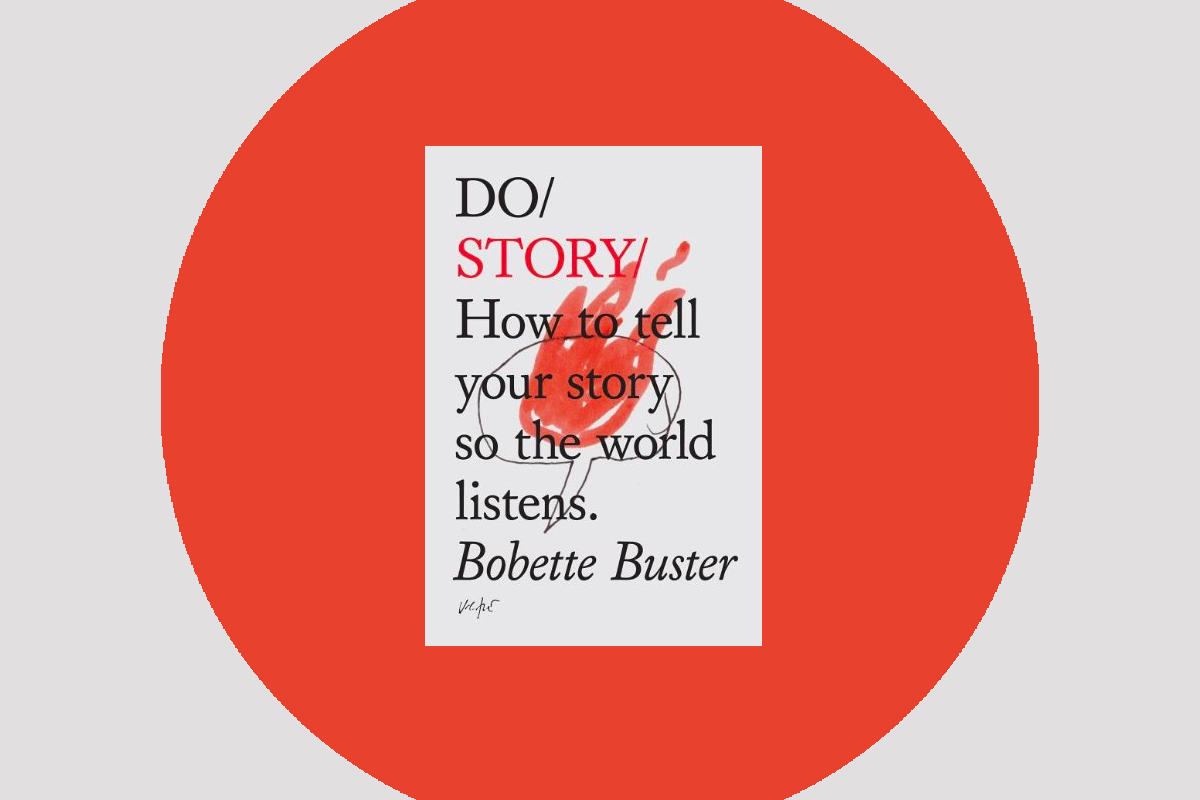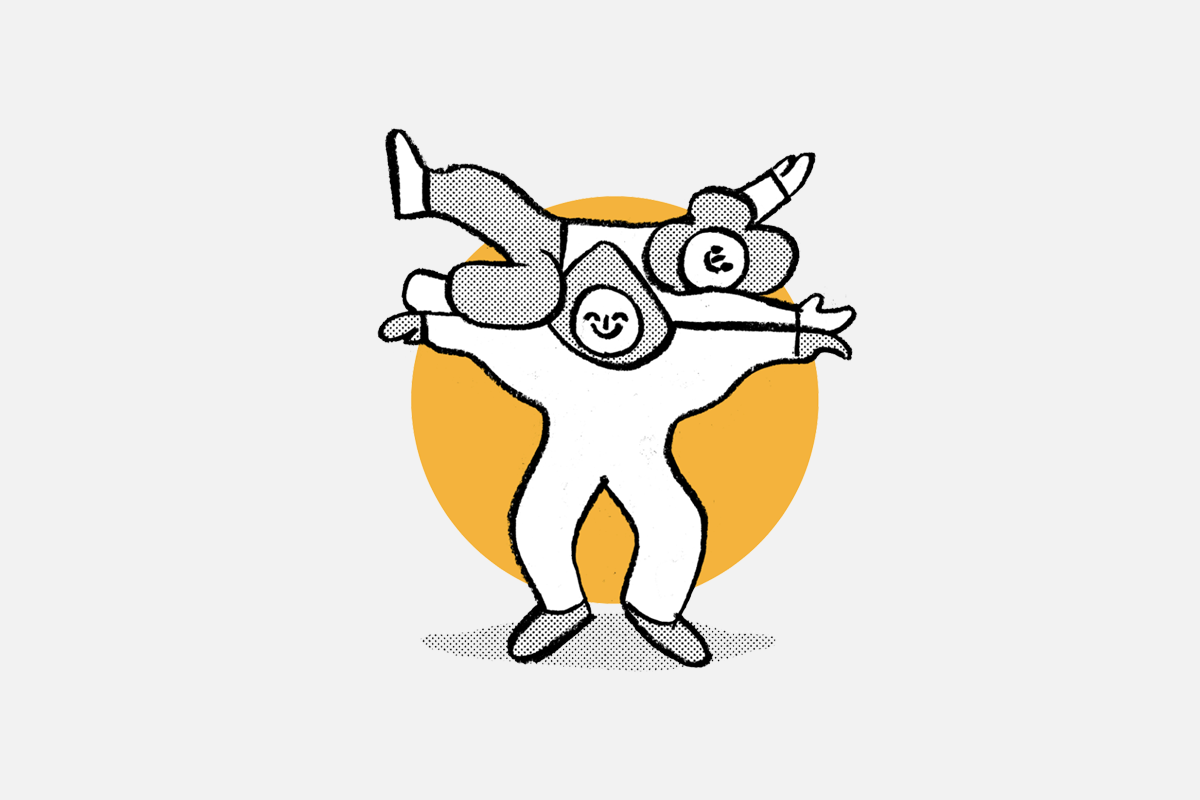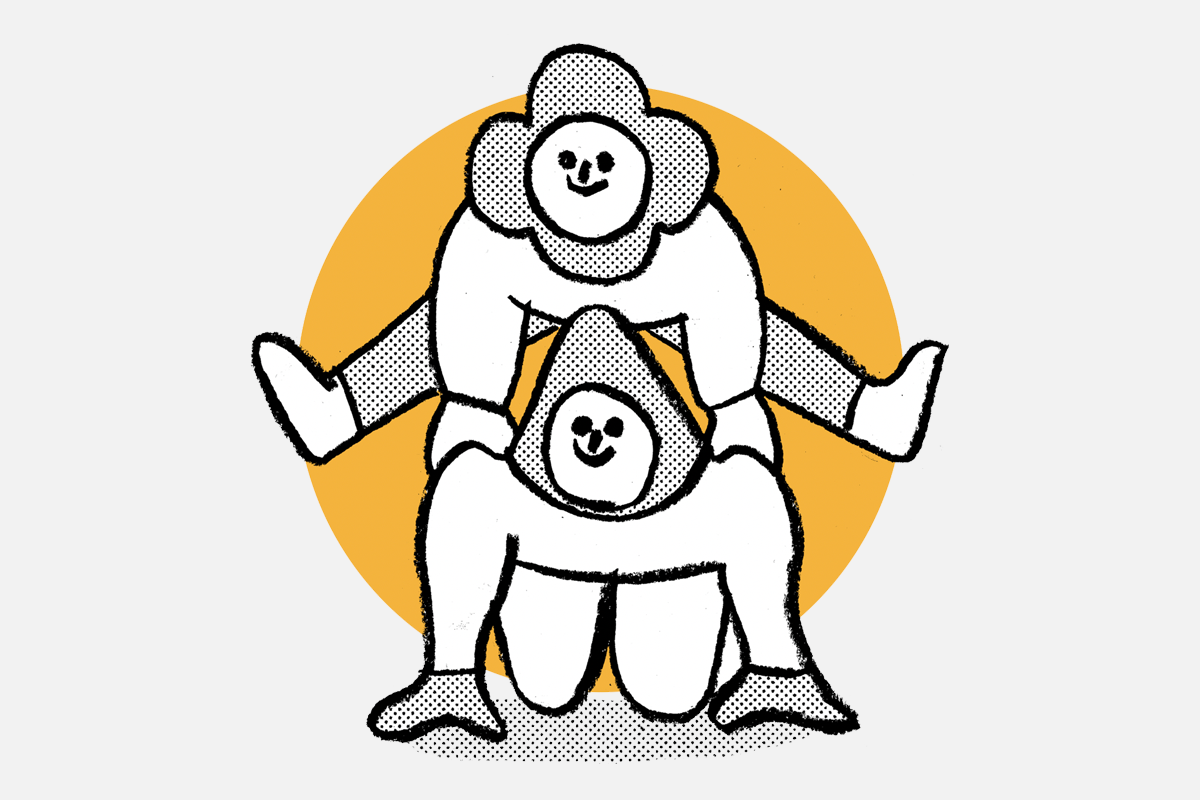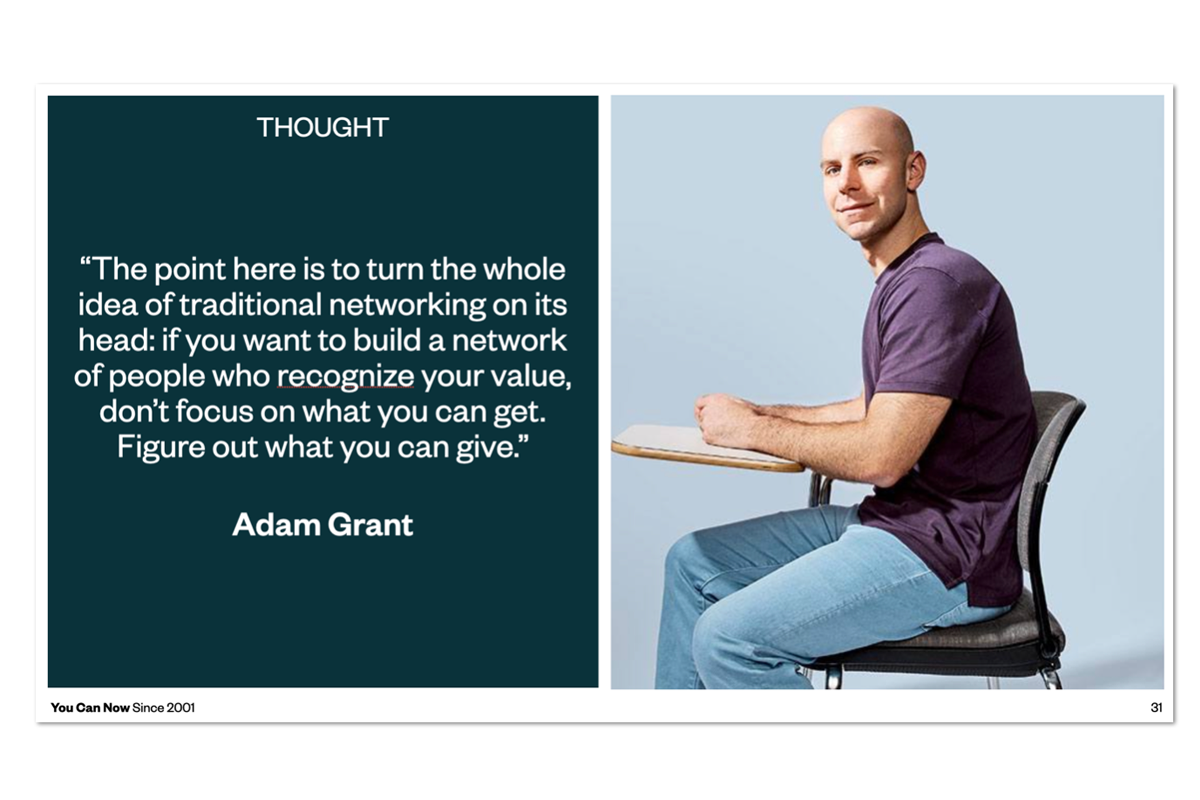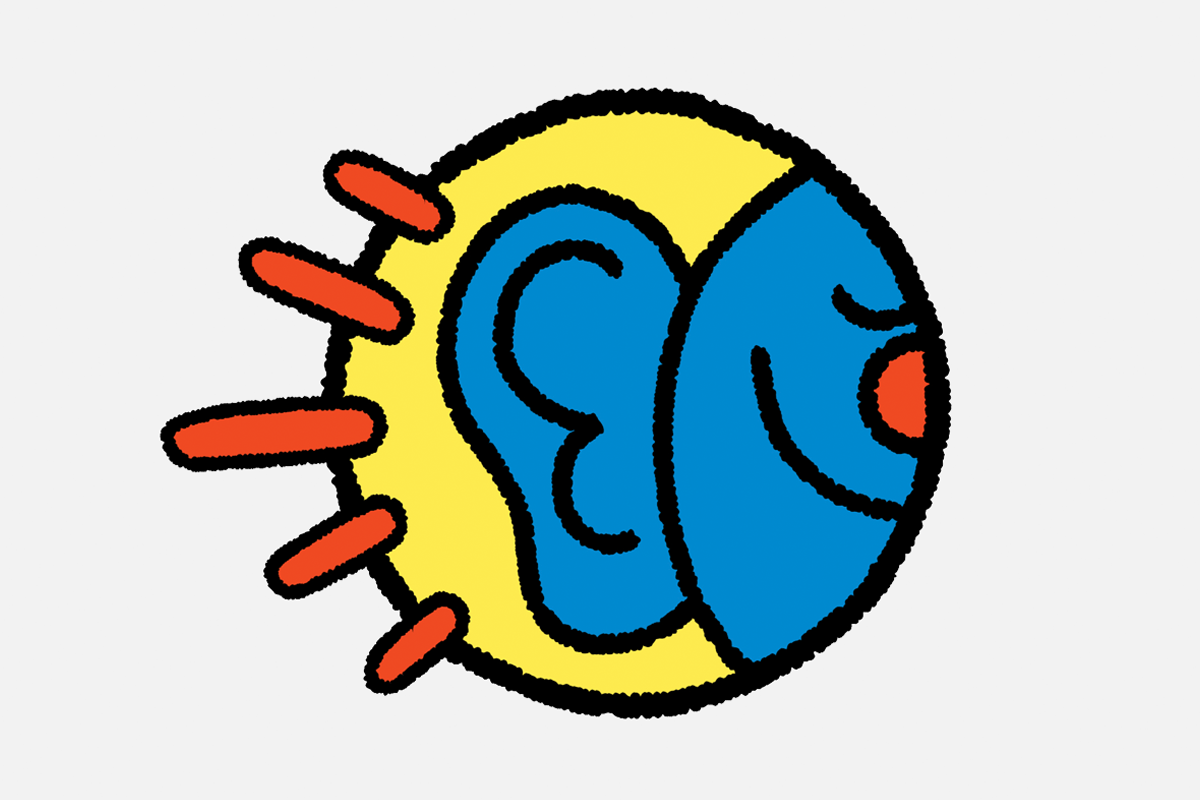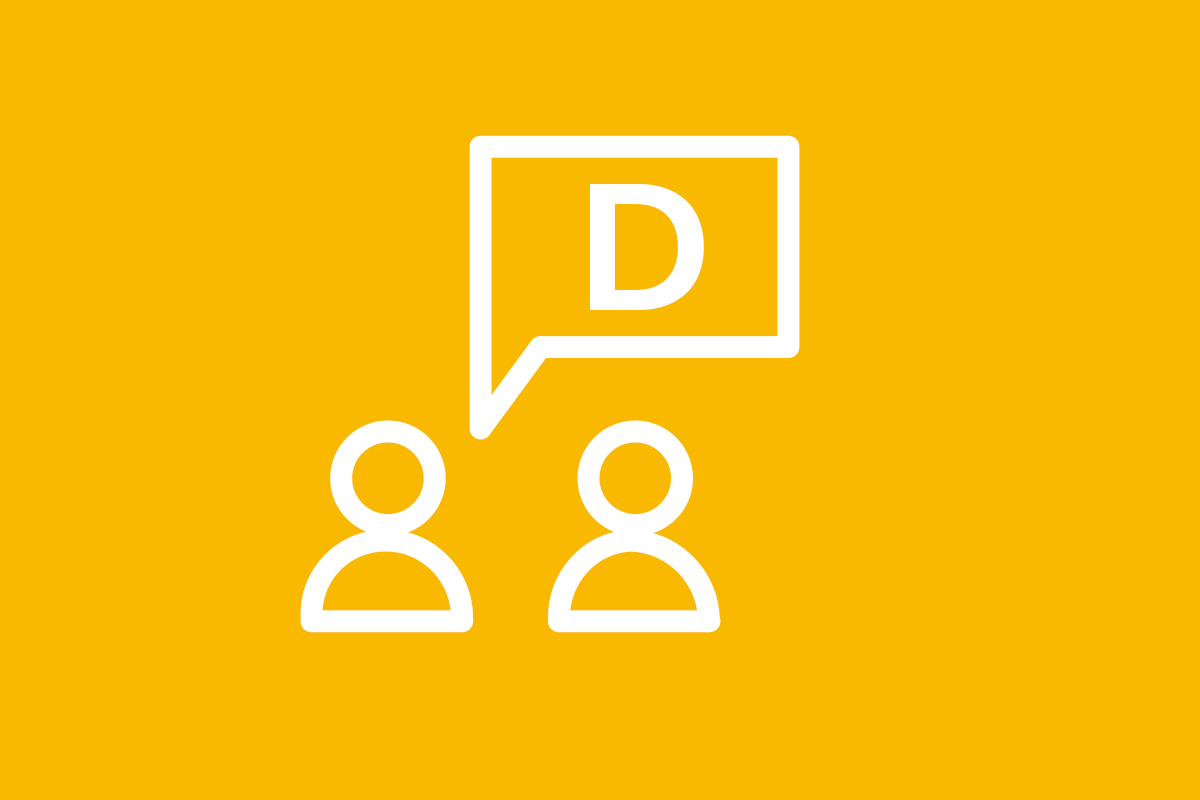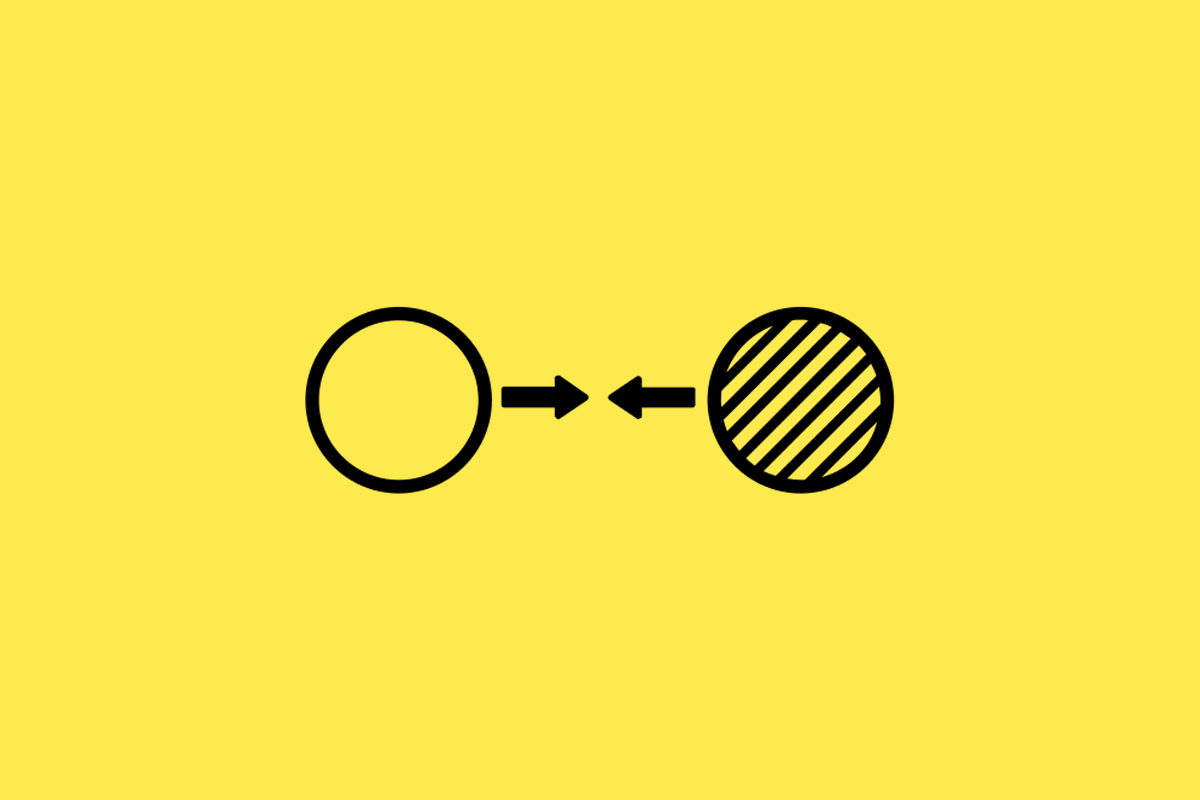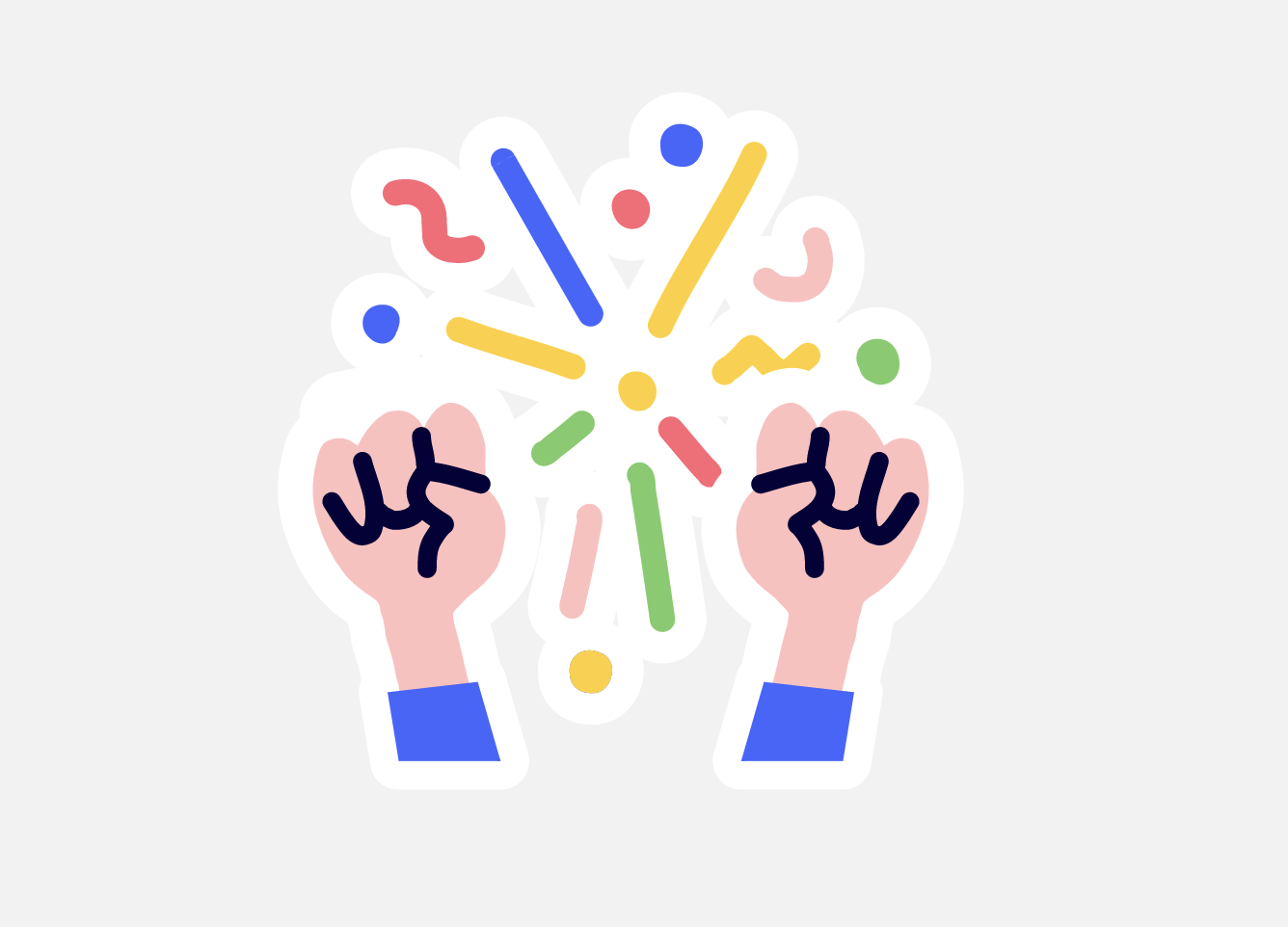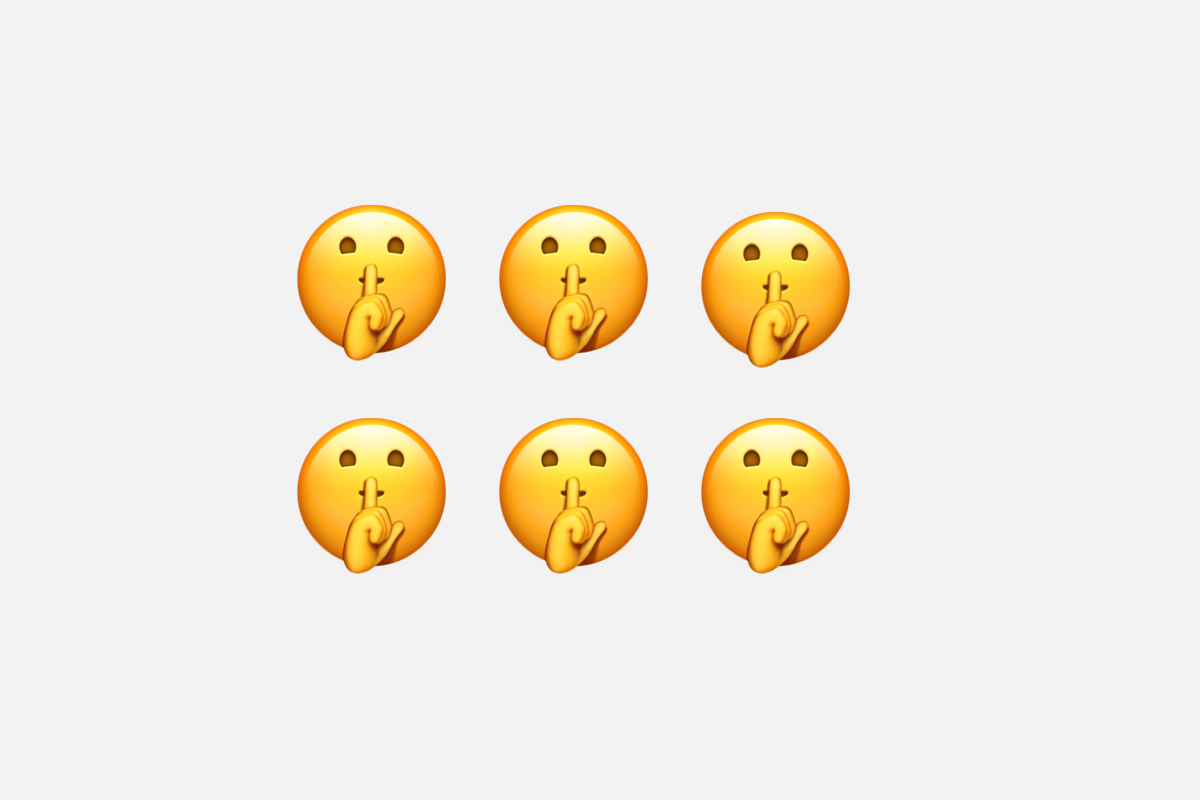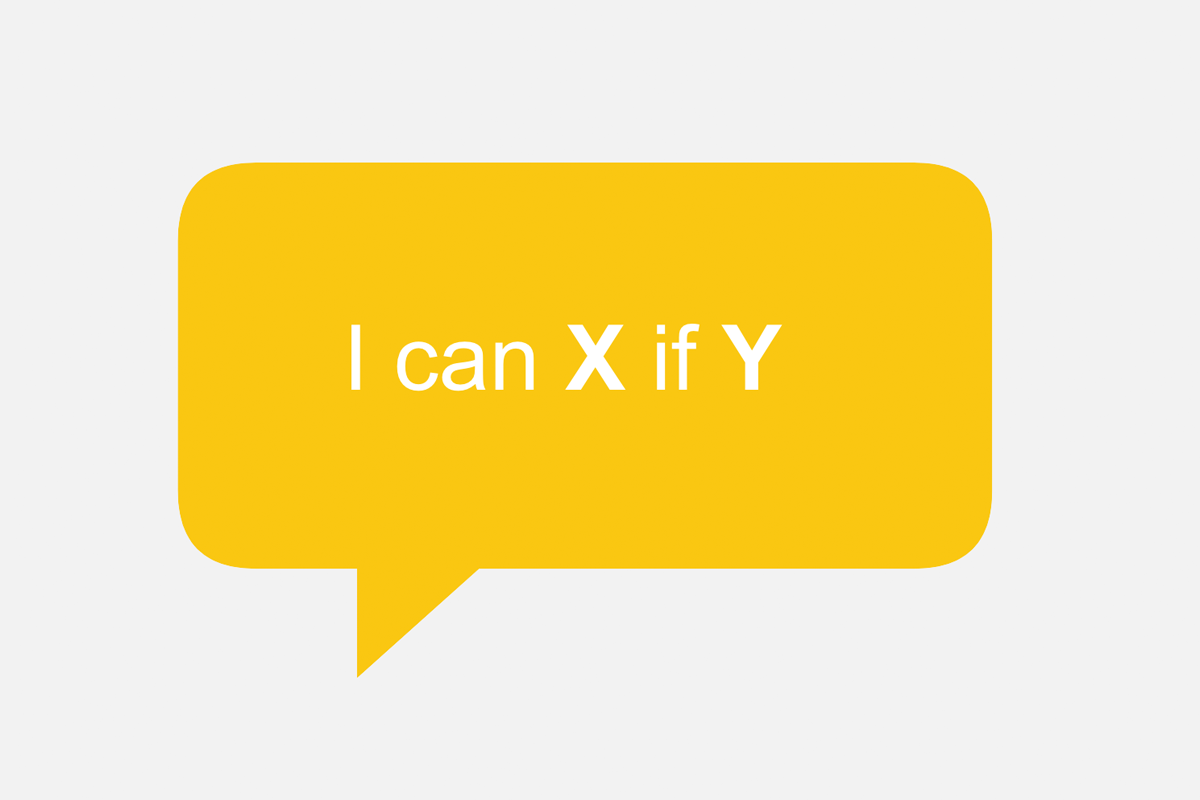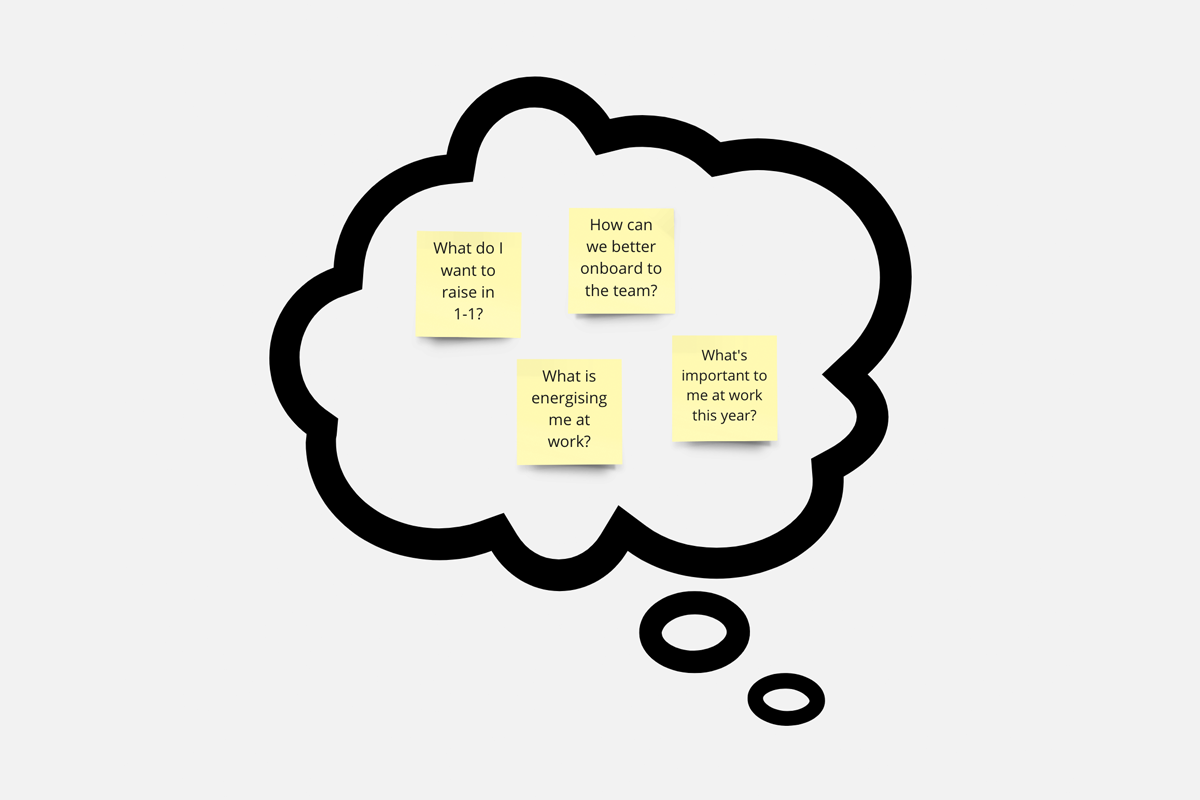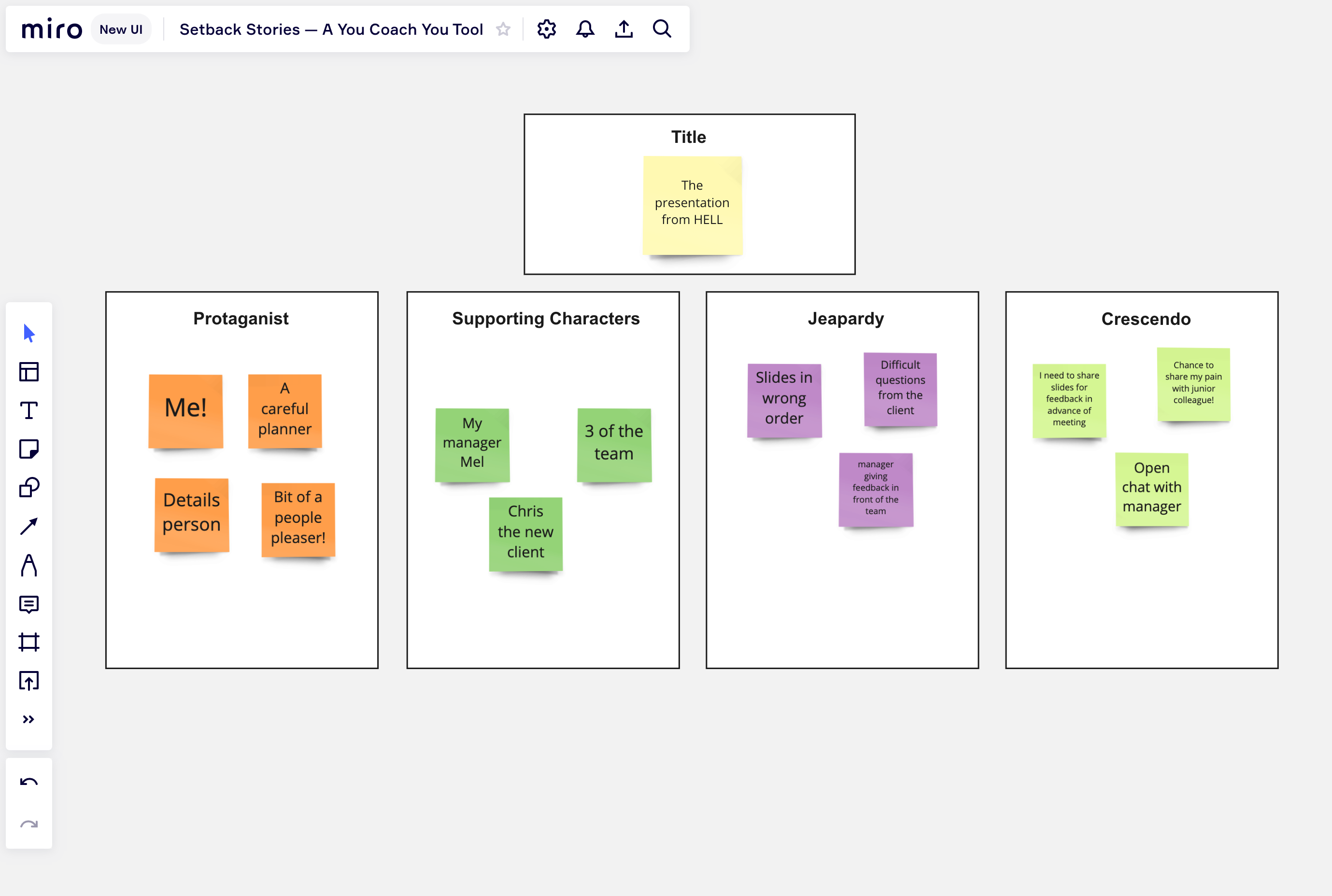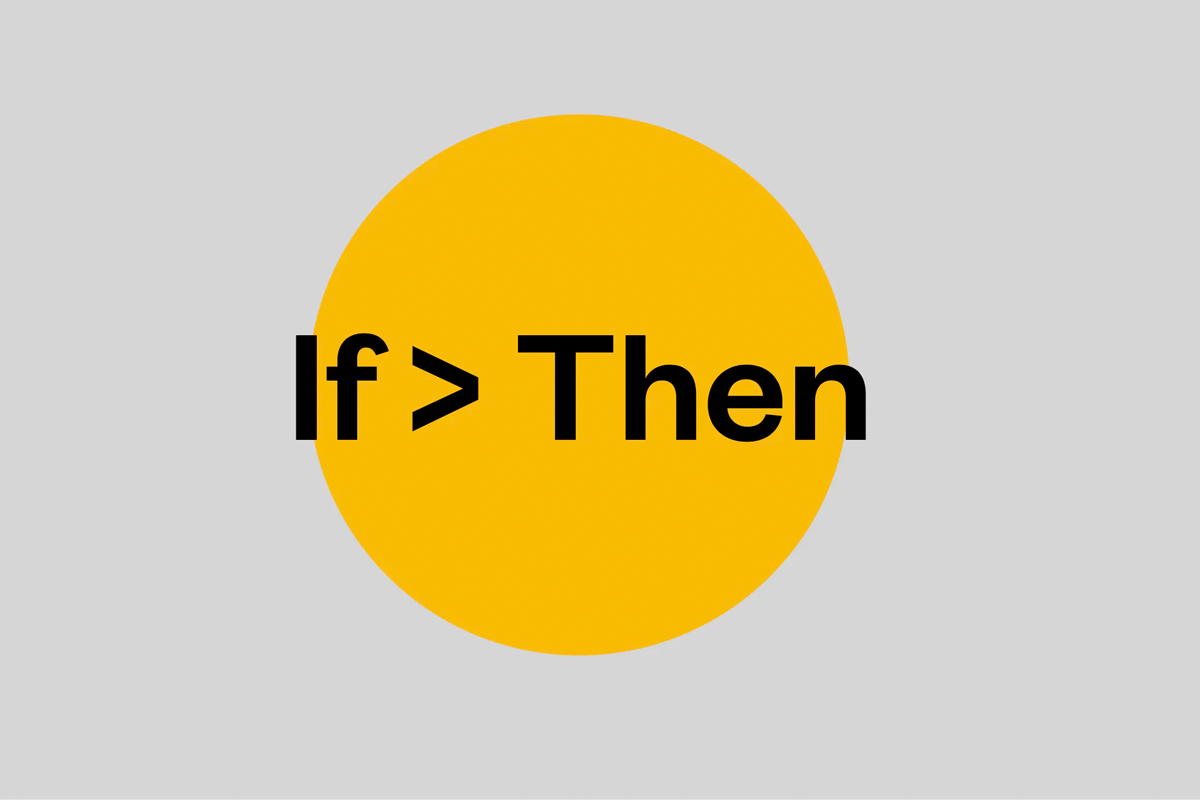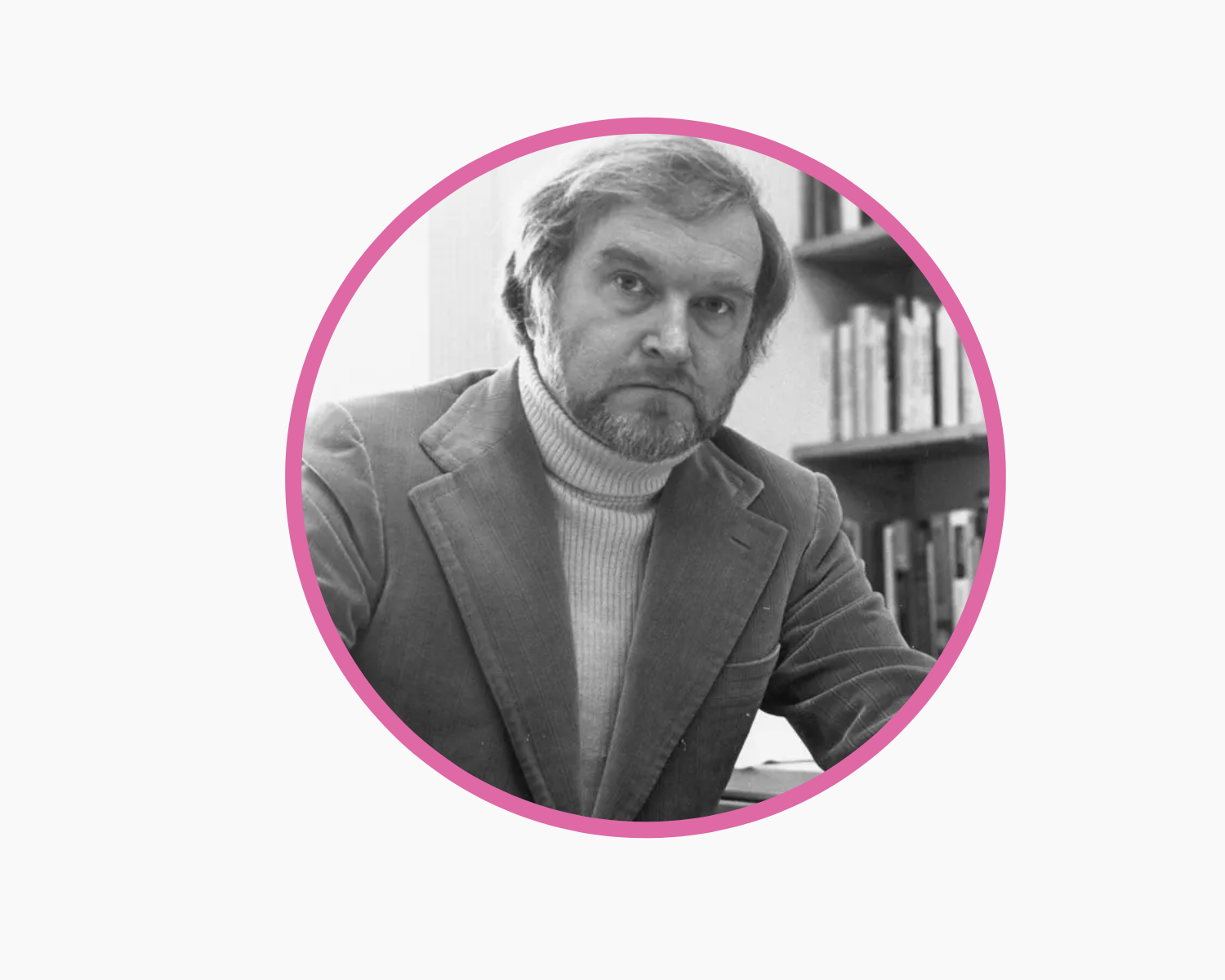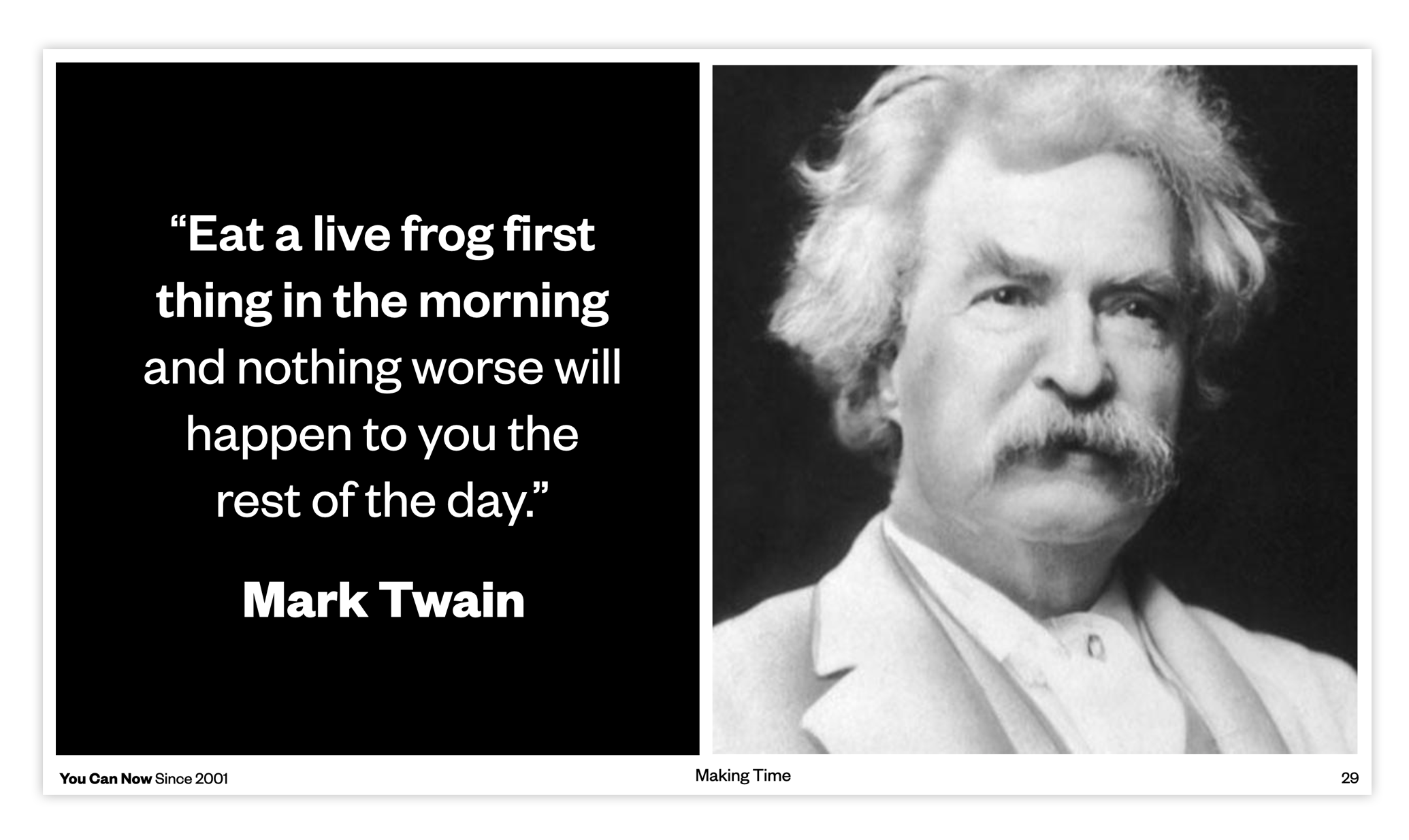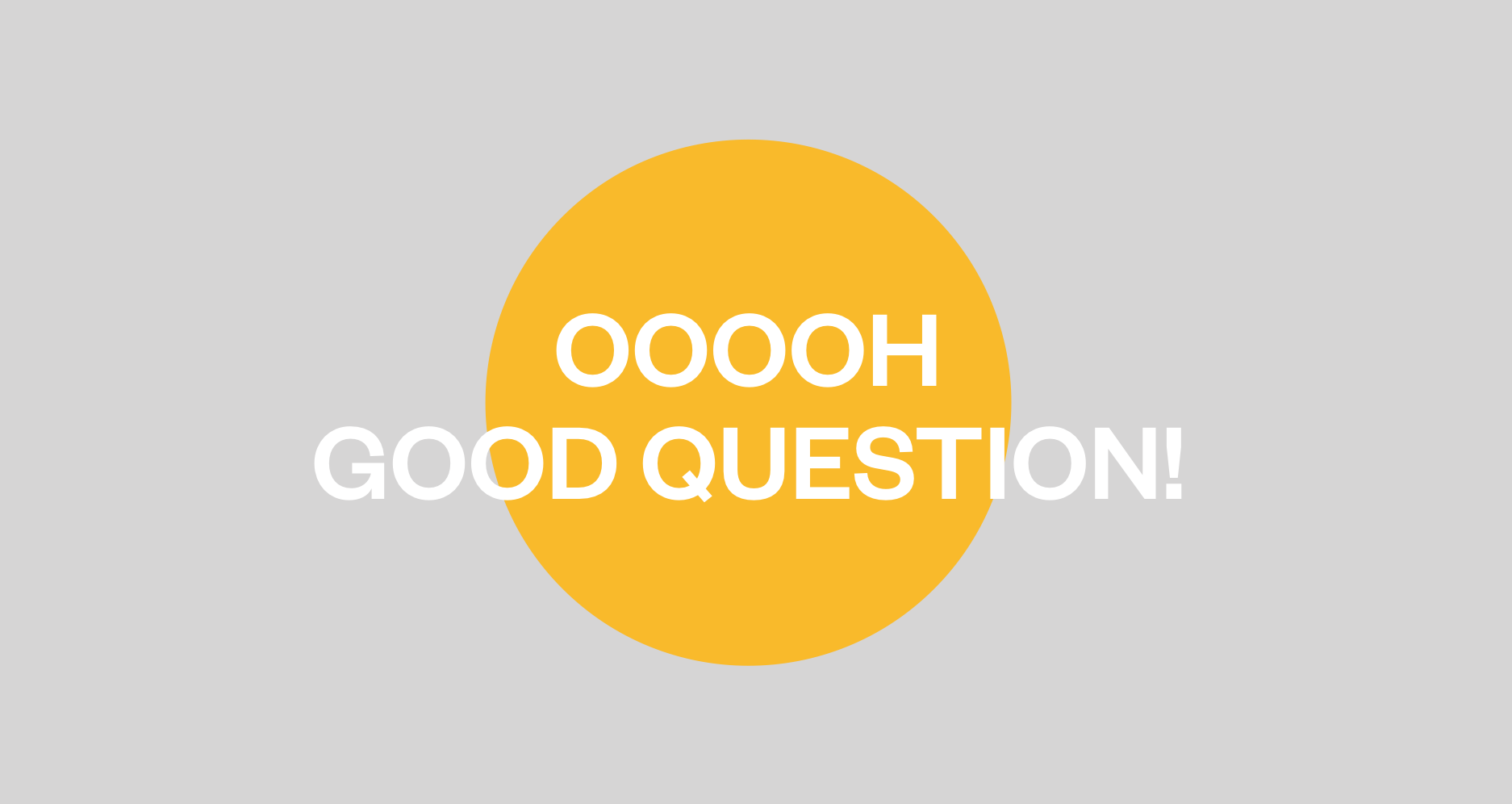For you, new and popular
How to be a meaningful mentor, insights from a purposeful podcast

The episode is often shared and recommended with participants in the various mentoring programmes we run, as it includes lots of advice on skills and mindsets to suit all kinds of mentoring contexts, not just 'formal' programmes.
Alongside a link to the episode, we’ve shared some bite sized takeaways all intending to inject a mentoring mindset into the day-to-day, alongside links to some lateral learning elsewhere.
“Having that clarity and a shared sense of expectation from the outset can really mean that you get the most from the conversations that you’re having.”
When you’re beginning a 1-1 mentoring relationship, you need to clarify how far beyond the coffee table or computer screen your conversations will go. If your mentee isn’t clear on the confidentiality of your conversations they might hold-back key questions: worse, they might feel free to talk about anything and everything, not knowing their comments are heard by higher-ups. So get clear on this 'contracting' (a fancy coaching word to mean a mutual understanding) at the outset, and make a shared record of it in a simple doc.
As well as agreeing on confidentiality it's important to agree with your mentee about the ins-and-outs of your relationship too. It gives your mentee an awareness of expectation and, when you do meet, means that both mentee and mentor get the most from the conversation. How often will you be meeting? And where? If virtually, will you use Teams, Zoom or something else? How long will each conversation be? Will this be a one-off, or something long-term? Is the schedule of meetings fluid or fixed?
It also helps to find ways your mentee can help you be your best. If you’d prefer your mentee email questions or topics ahead of your meetings, let them know. If there’s a time of day you work best, make sure your mentee always puts that time aside for you. However you’ll be able to give your mentee your best self, tell them. It benefits you both.
The better you know someone the better you can help them, so sending your mentee a handful of ‘getting to know you,’ questions before your first meeting is a must. Open questions like ‘what are you most proud of?’ ‘how would you like to improve?’ and ‘what’s the biggest challenge you’ve overcome?’ draw out insightful answers that help you help your mentee, and kickstart what will be a great relationship.
Helen and Sarah recommend asking your mentee for their ‘four h’s,’ - their heroes, their heartbreaks (work related, not romantic), their hopes and their history. It’s a short, simple little ice breaking tool that sheds a surprising amount of light on who they are, what they want to be, and how you can help.
👉 Alternatively, both mentor and mentee could create a Manual of Me - an inclusive tool for collaborative work that launches conversations around strengths, differences, and your best ways of working. More on that here.
A quick example: the mentorship is up and running, and your mentee mentions confidence and self-belief as areas they’d like to improve. You struggled with confidence when you first started, but you’ve made leaps and bounds, and feel well equipped to tell them exactly what to do. But should you?
It’s important to remember that what has worked for you is not necessarily what’s going to work for your mentee. And if you do give a decisive answer - ‘take this course,’ ‘read this book,’ - you’re taking away the ownership of your mentee's learning. A mentor guides their mentee through the problem solving process rather than solving it themselves: it’s a skill that needs practice, but having the opportunity to develop it is why so many people become mentors to begin with.
You need to focus, instead, on giving mentees a sense of direction; guide them through self-learning. Saying “I’ve been exactly where you are, and some of the things that helped me were [X,Y and Z],” leads with empathy and offers ideas, but leaves the decision making and learning to them. Offering options but allowing autonomy is a powerful mentoring tactic.
👉 And if you're ever struggling with something, or want a second pair of eyes on your work, don’t hesitate to ask your mentee for some feedback. It’s a great way to flip the script.
Good to know
👉 Our Next Gen Leaders programme connects industry professionals with diverse and ambitious young people for mutually valuable development — based on a mentoring relationship. Learn more here.
👉 Our ten minute Meaningful Mentoring eCourse offers some really practical and experiential insights on getting the most from mentoring relationships.
Hungry for more?
Watch: Skills and Mindsets for Making Mentoring Meaningful
In this bite-sized video, Isabel Farchy, founder and CEO of the Creative Mentor Network, discusses the importance of balancing authority and friendliness, the distinction between coaching and mentoring, and how to be the best mentor you can be. Watch that here.
Read: How to be an Amazing Mentor
Hubspot’s blog post elaborates on a lot of the advice from Helen and Sarah’s podcast while guiding you through the need for emotional intelligence, honesty about mistakes and shortcomings, and how to help your mentee outside of your 1-1s. Read on.
Watch: Setting Mentoring Relationships up for Success
Another great bite-sized video, this time from Rachel Gott; founder of women’s creative mentoring network Who’s Your Momma. Here, Gott talks through how to let your mentee guide your sessions together, and gives practical advice to mentees about ‘mentor turn offs.’ That's here.






